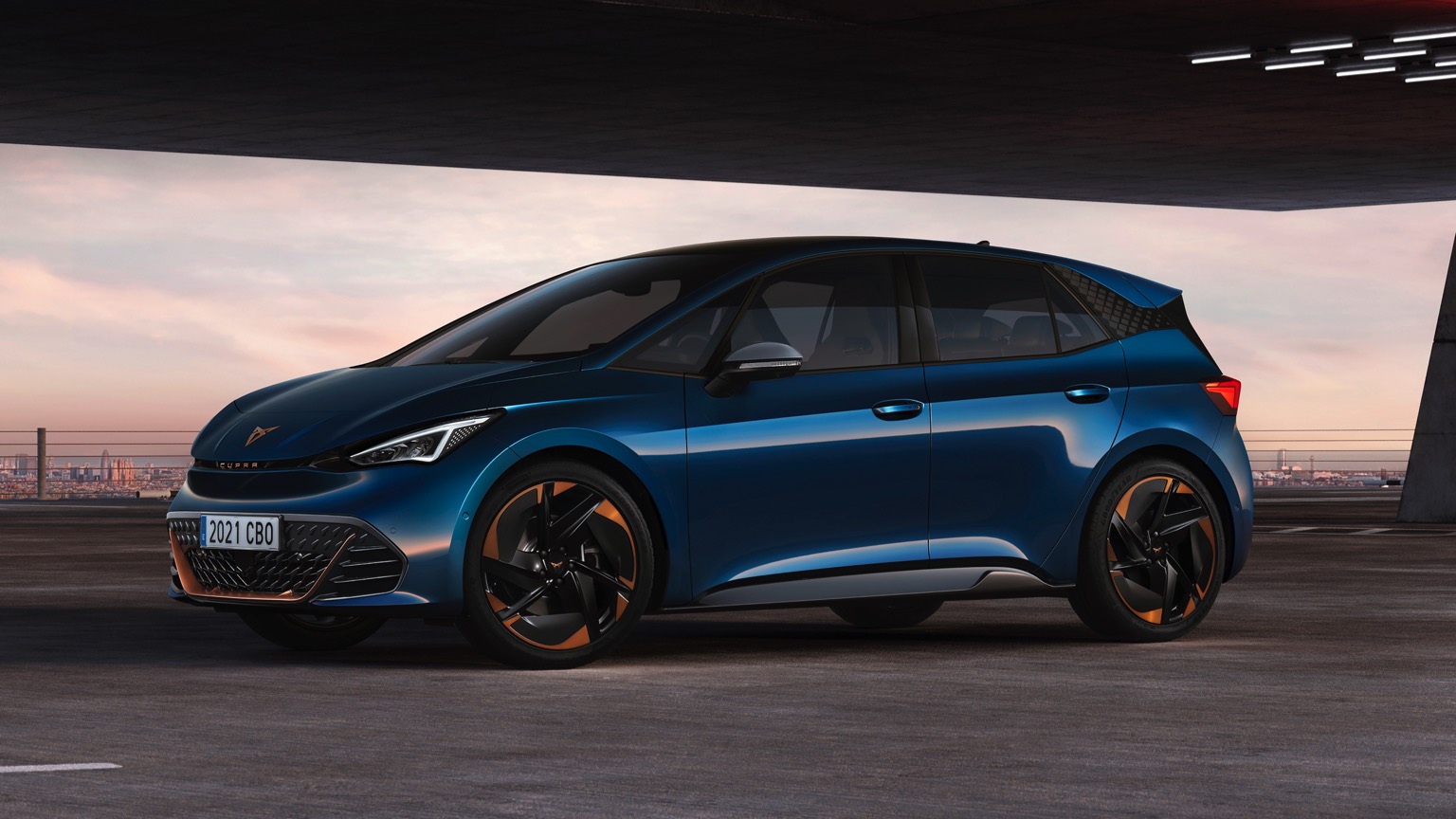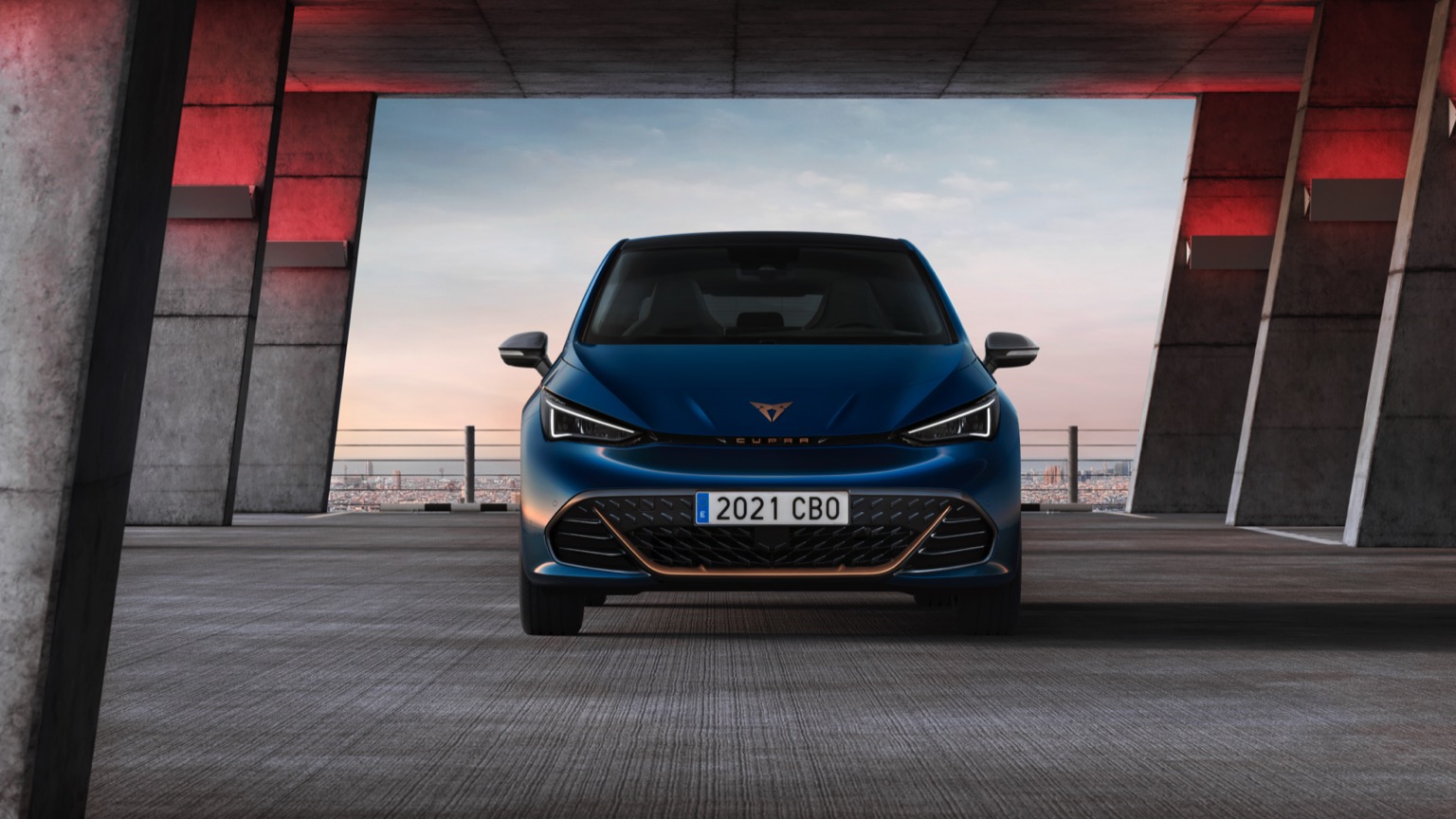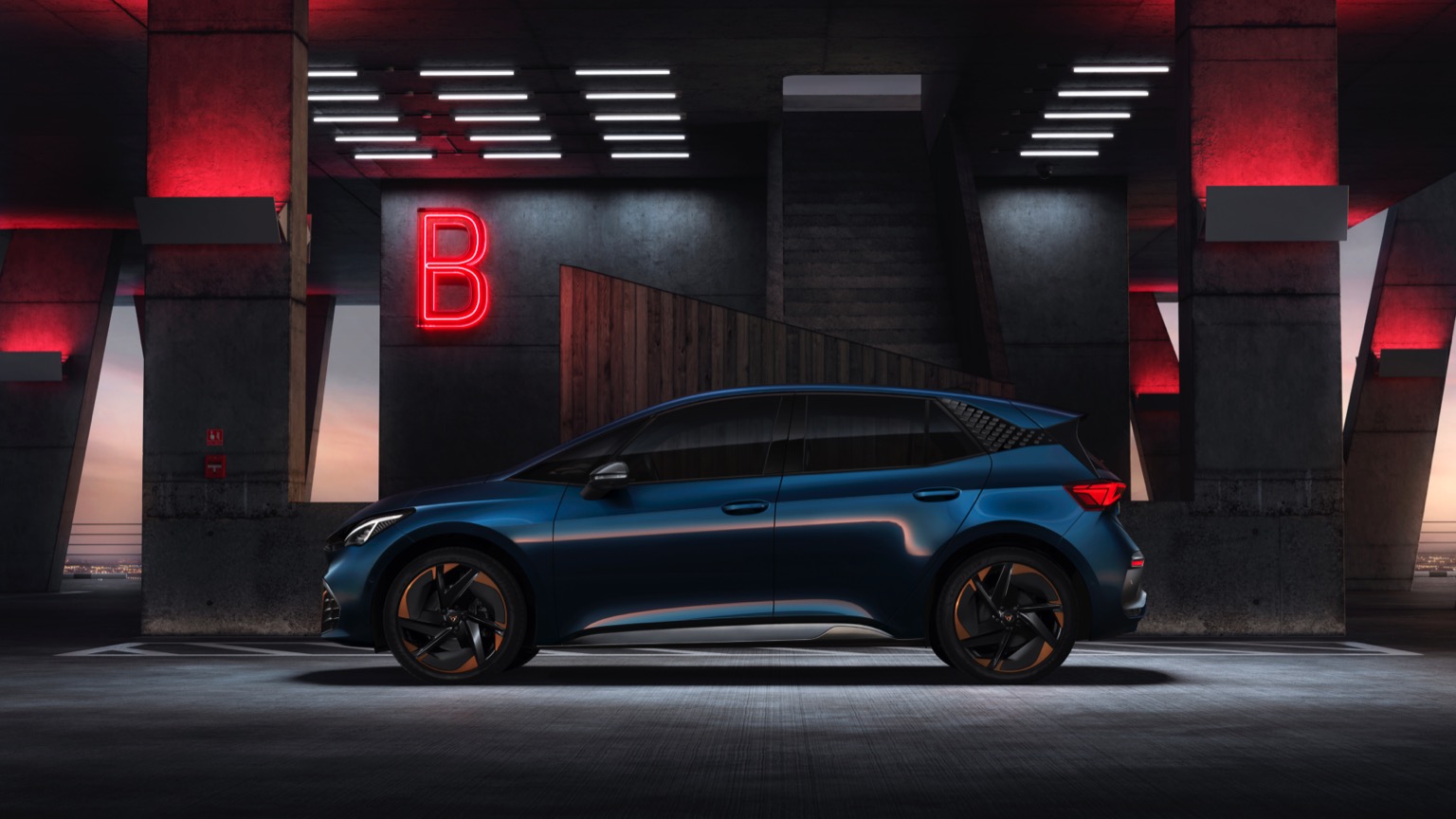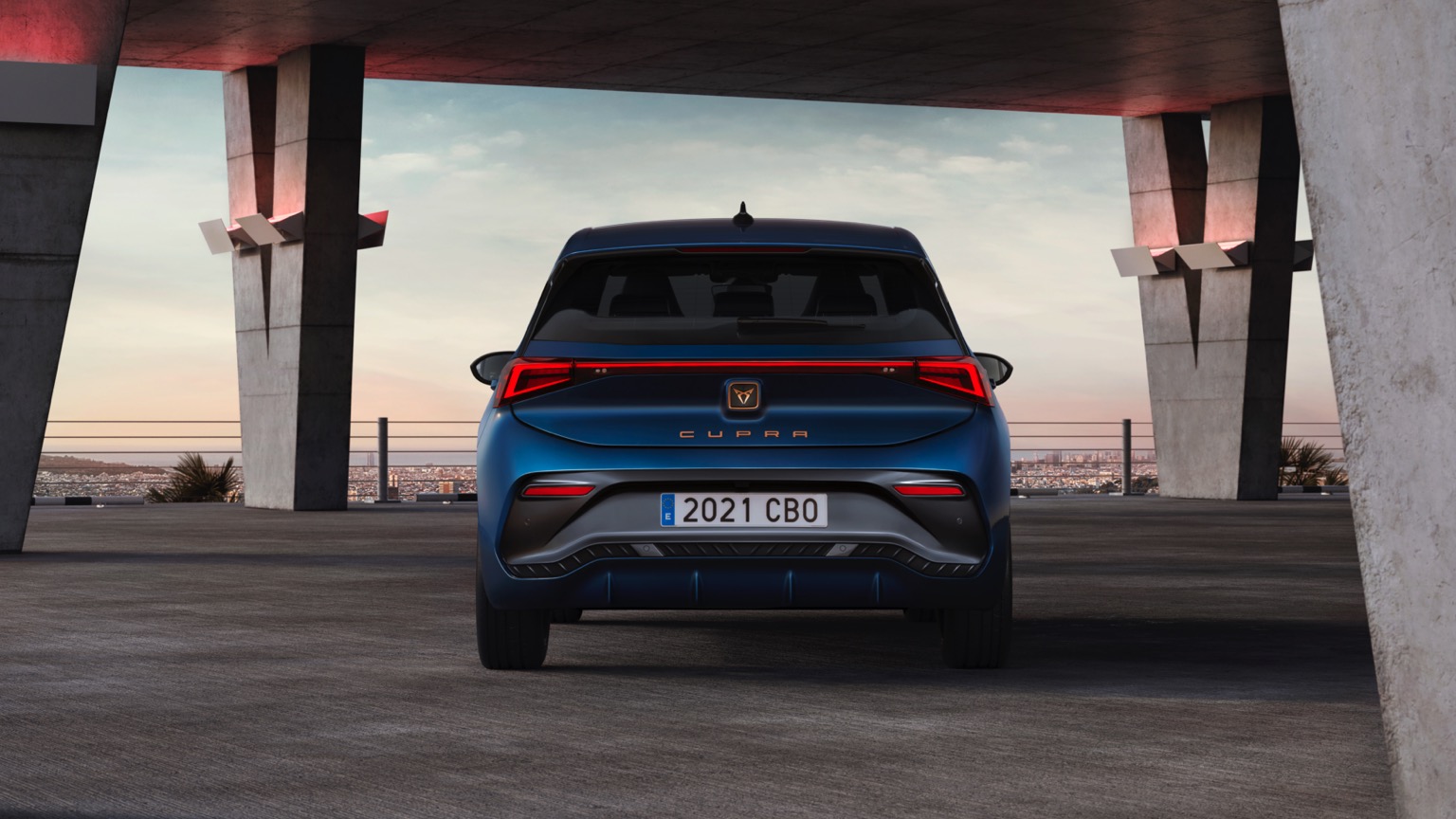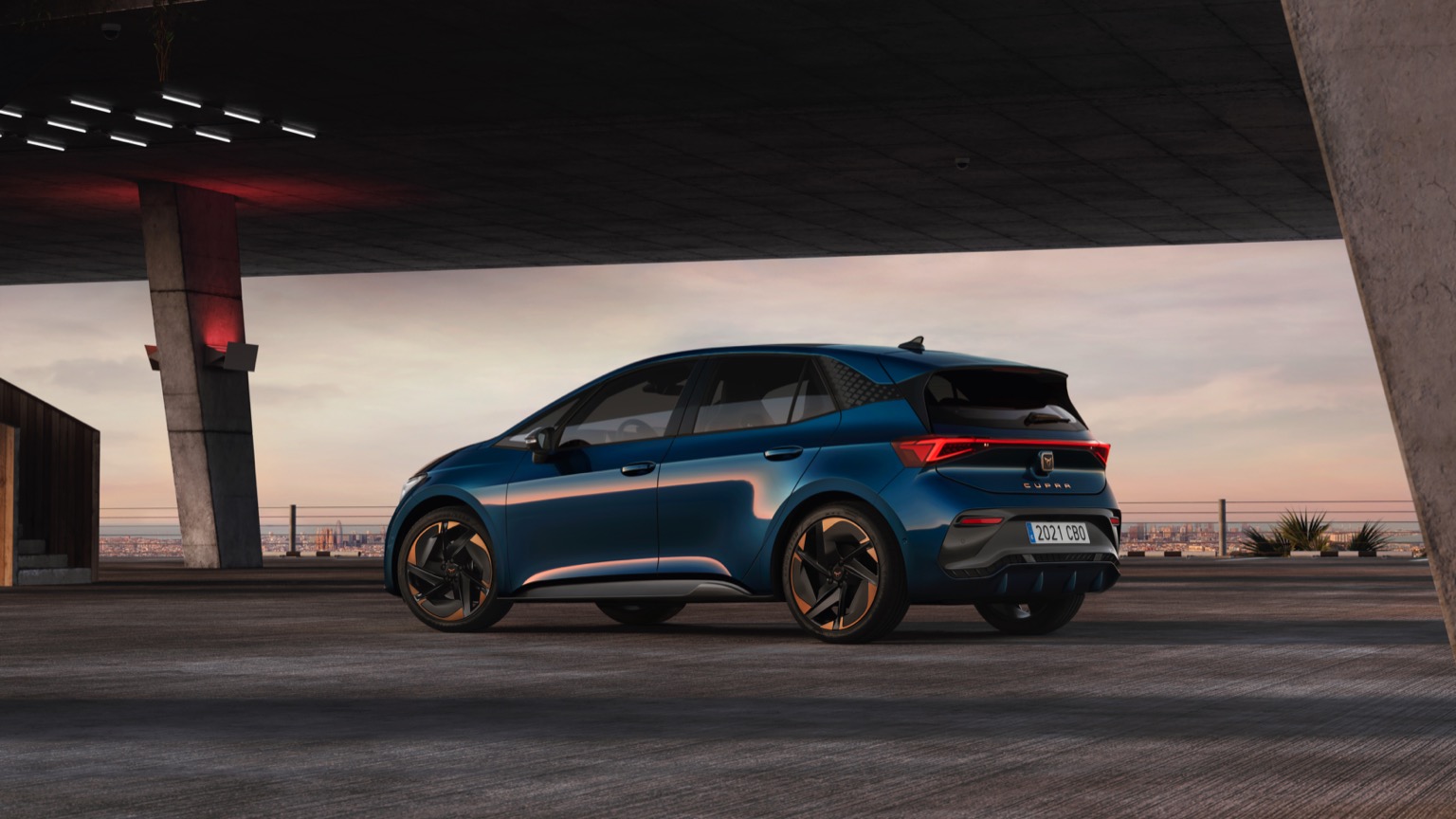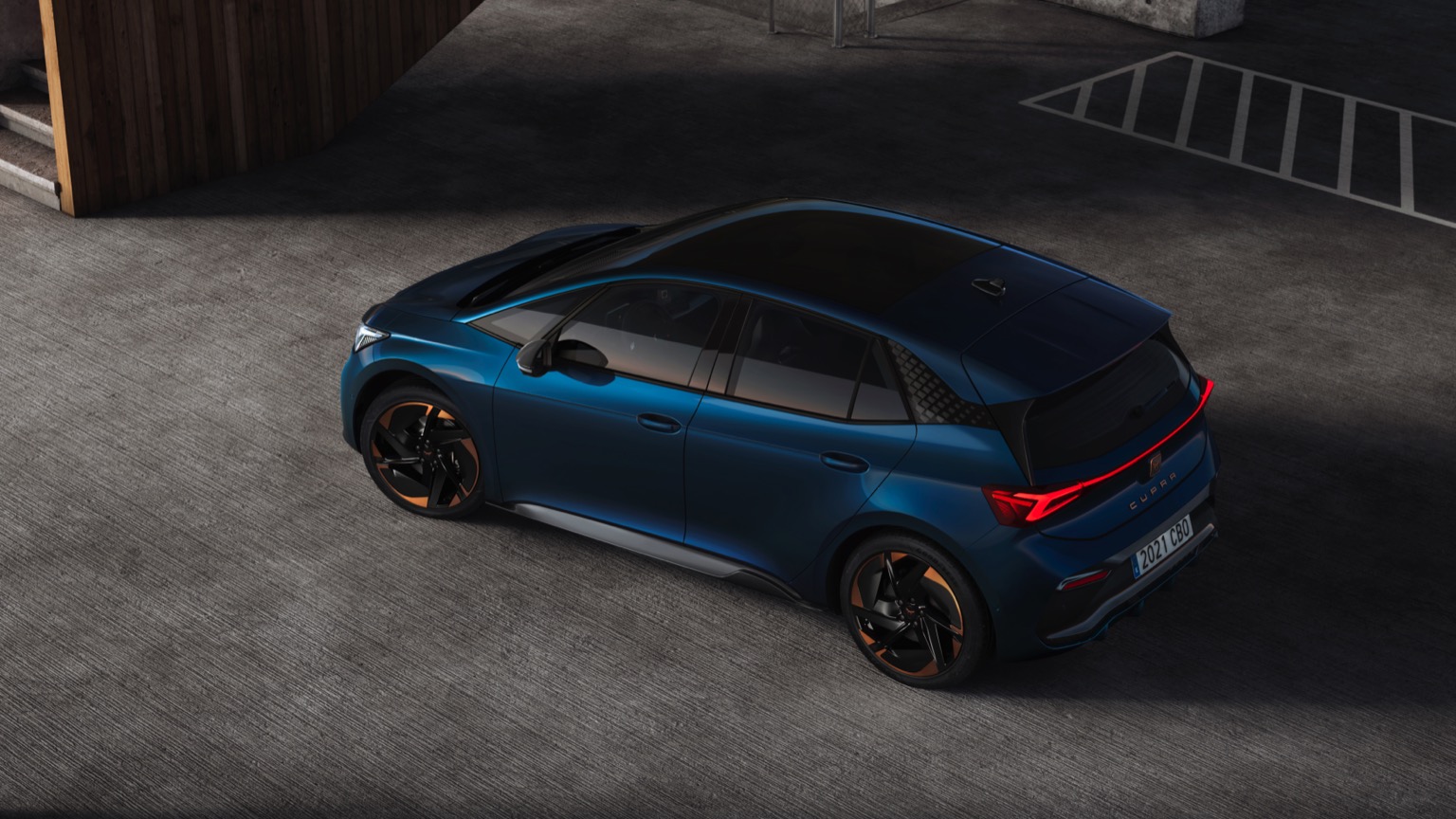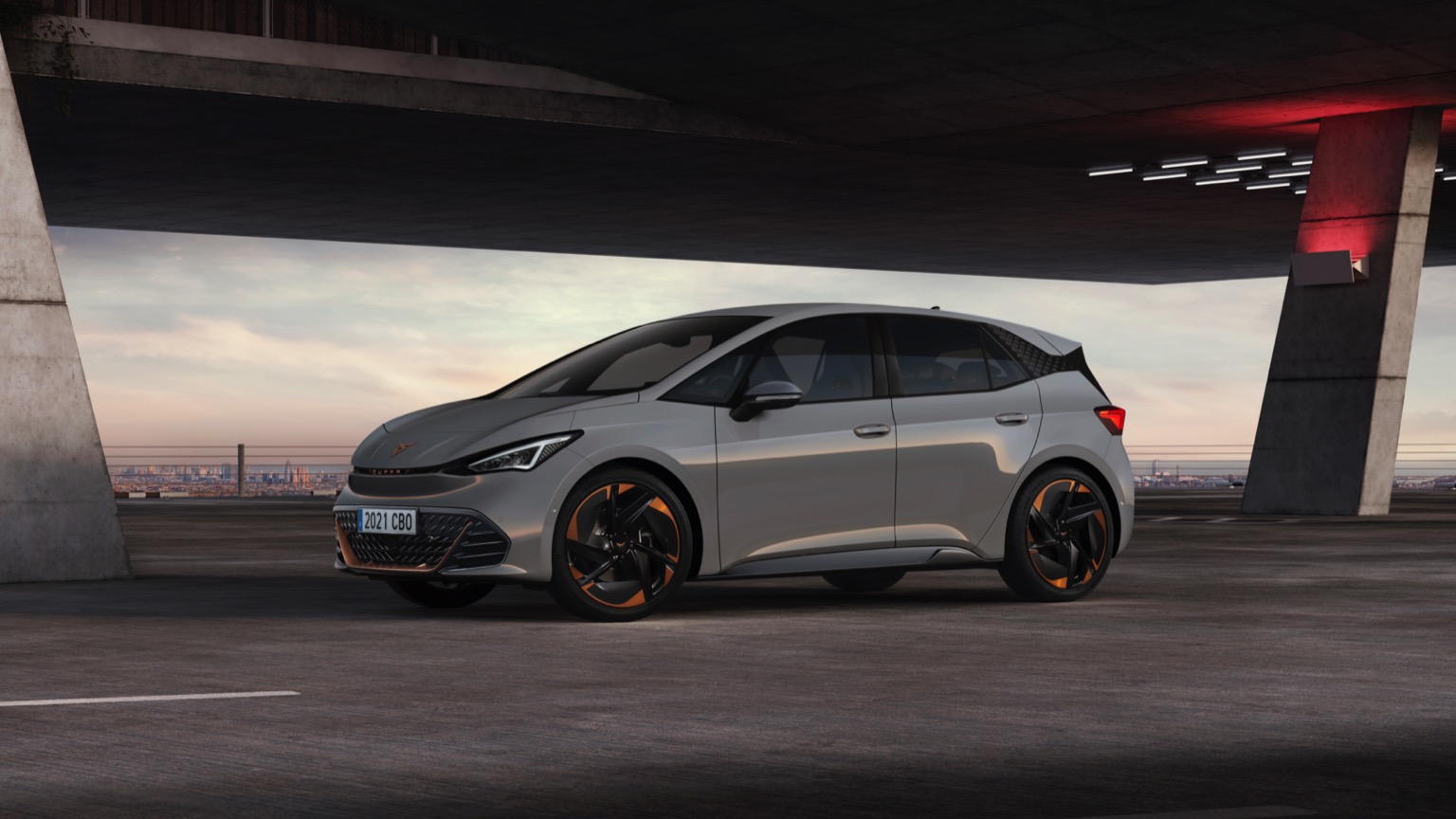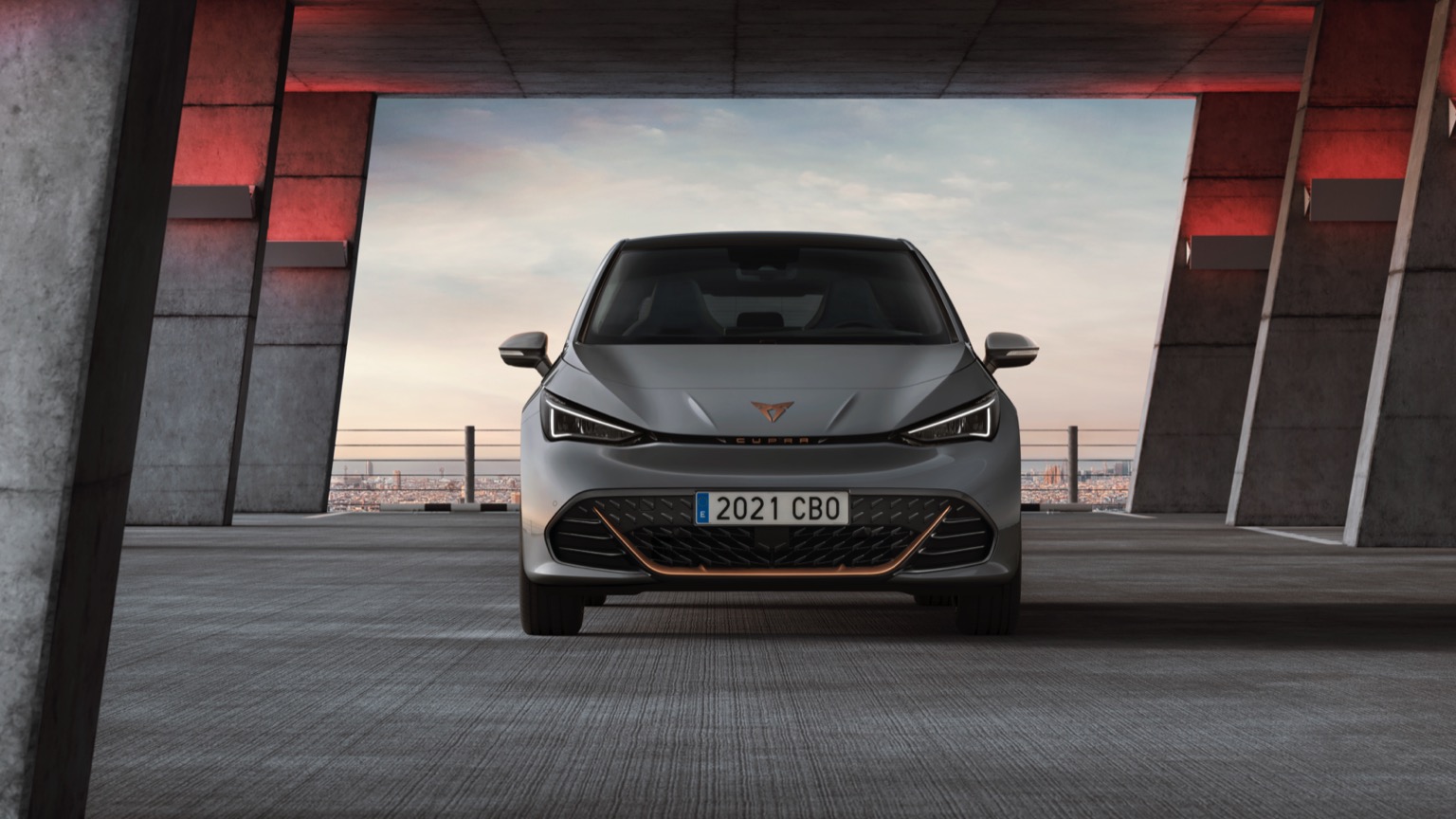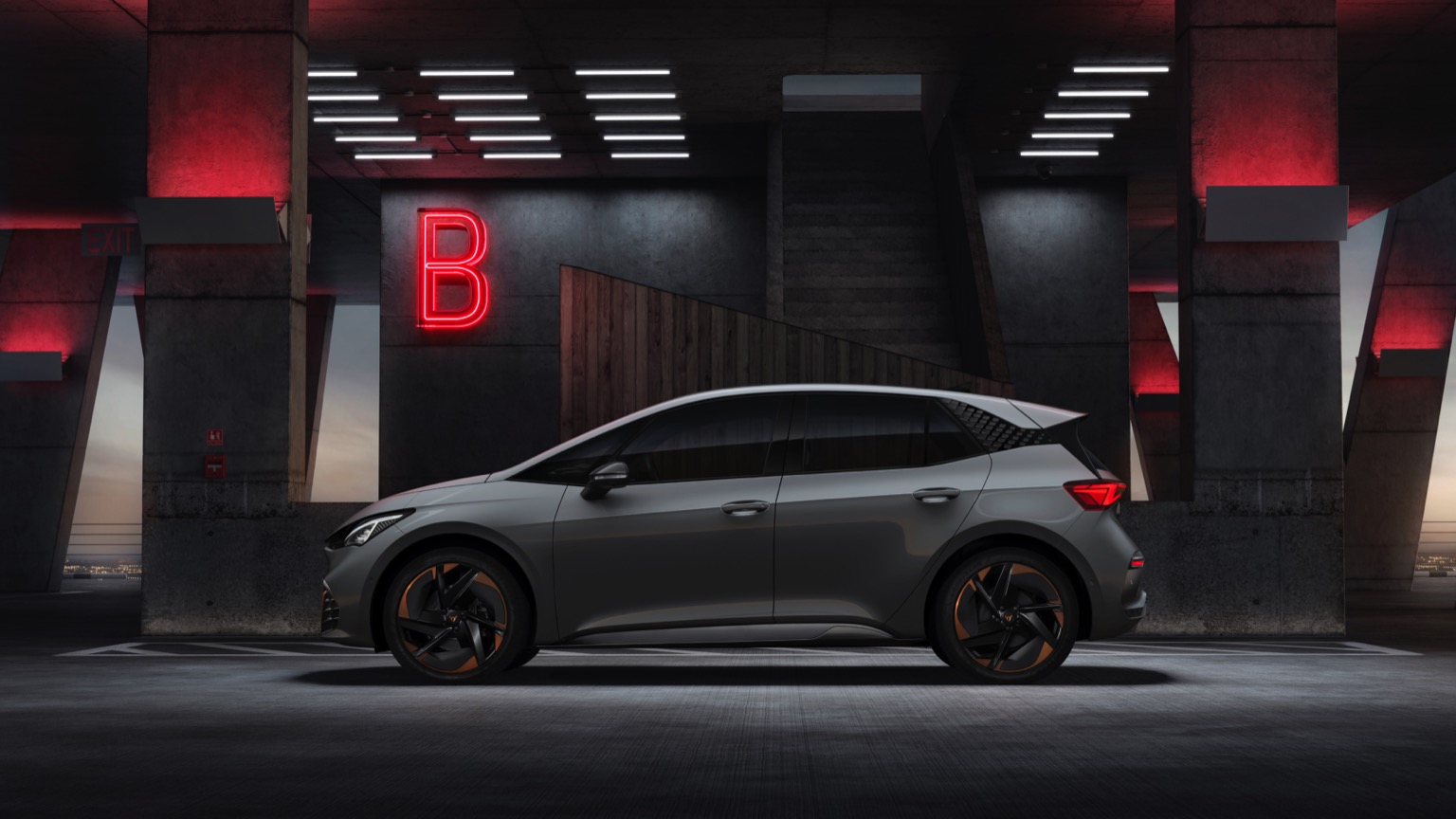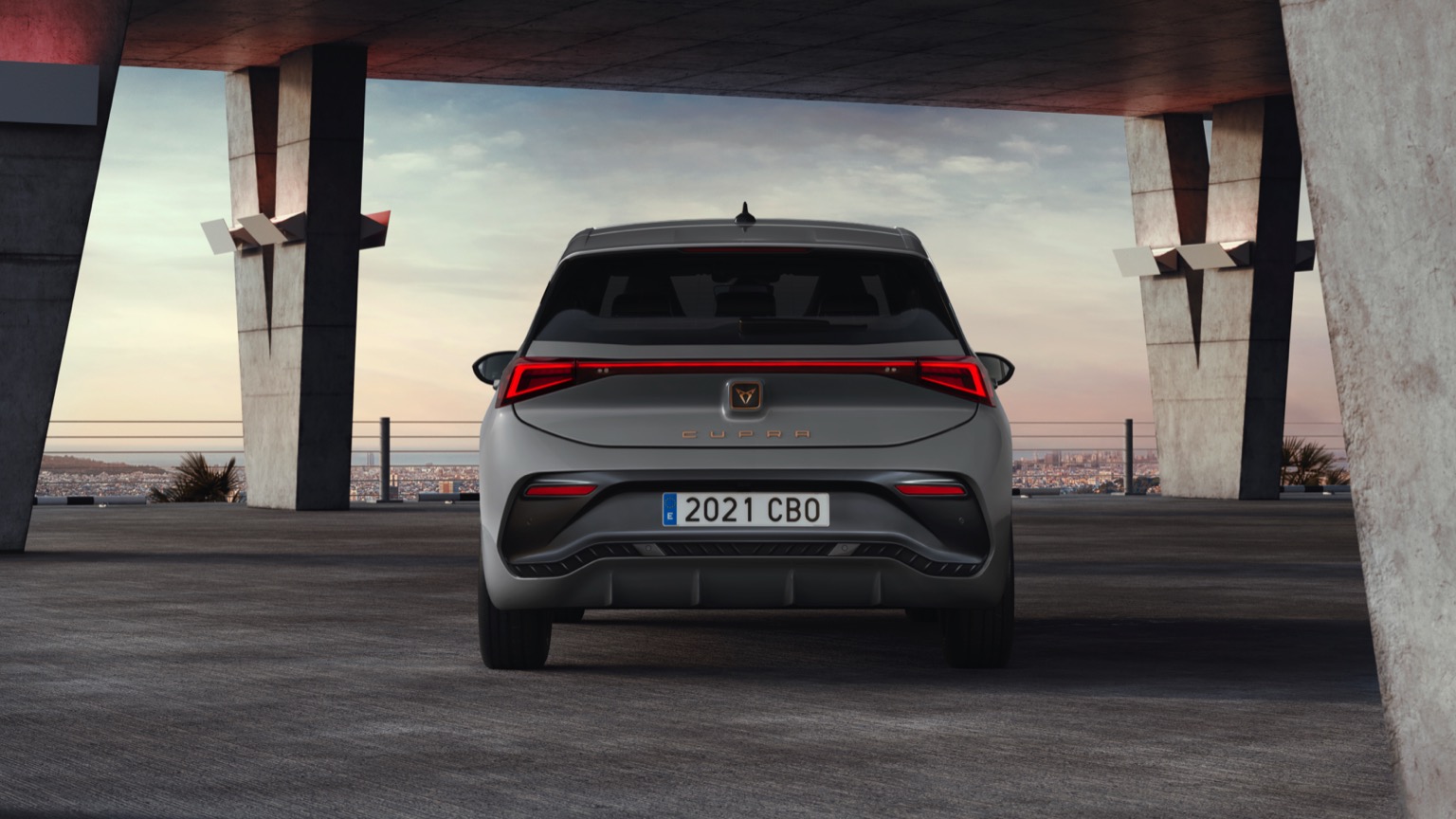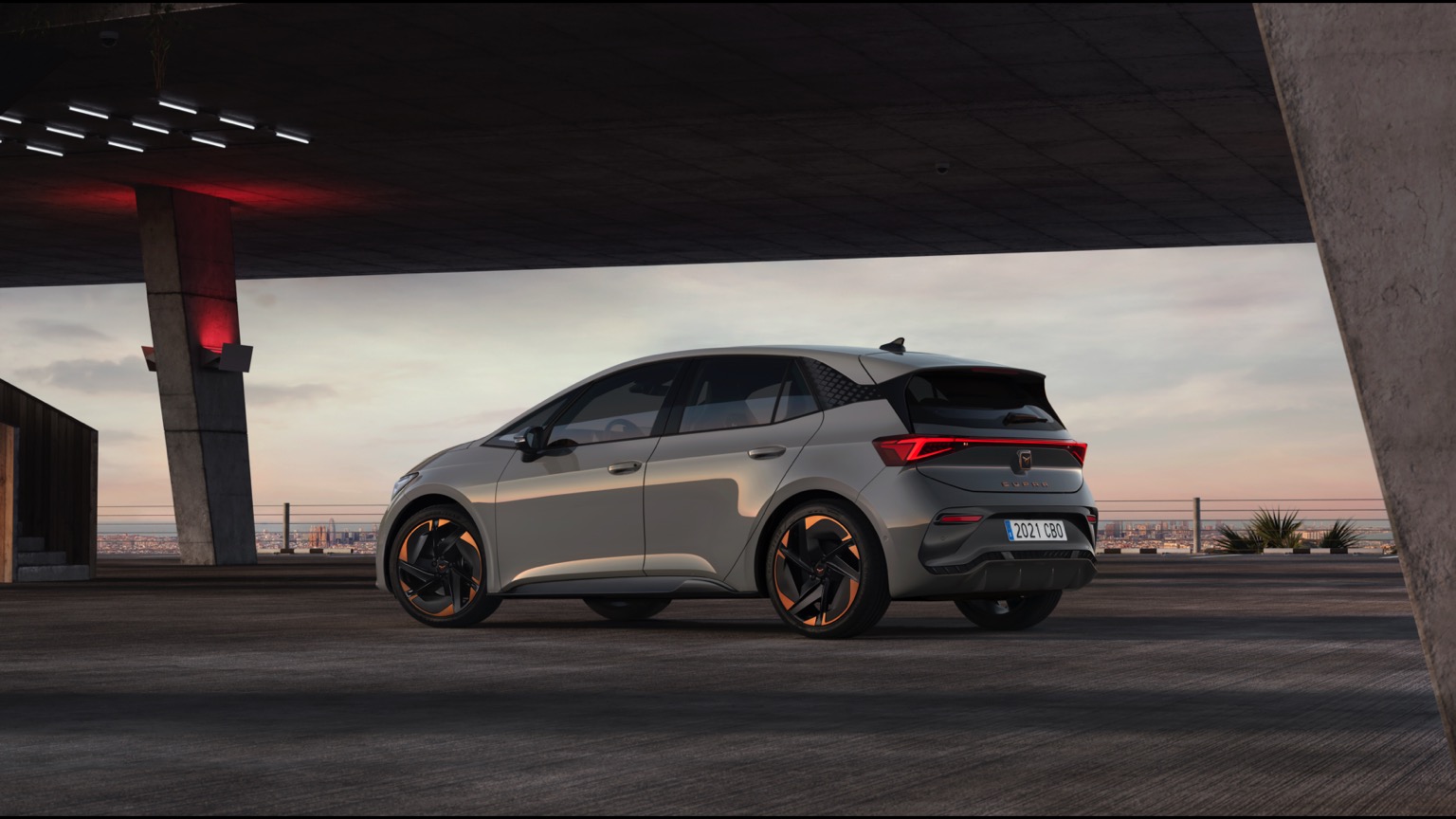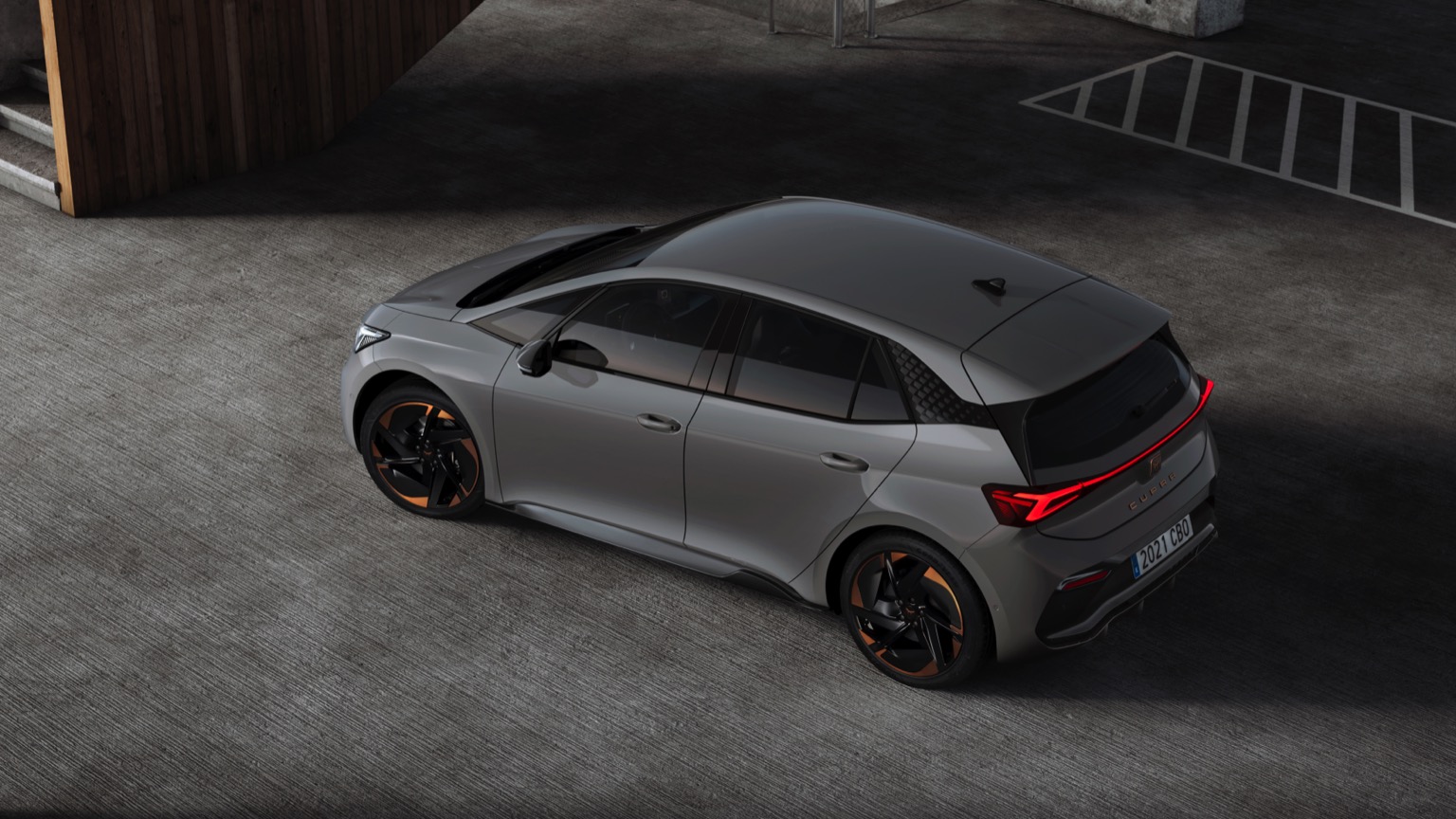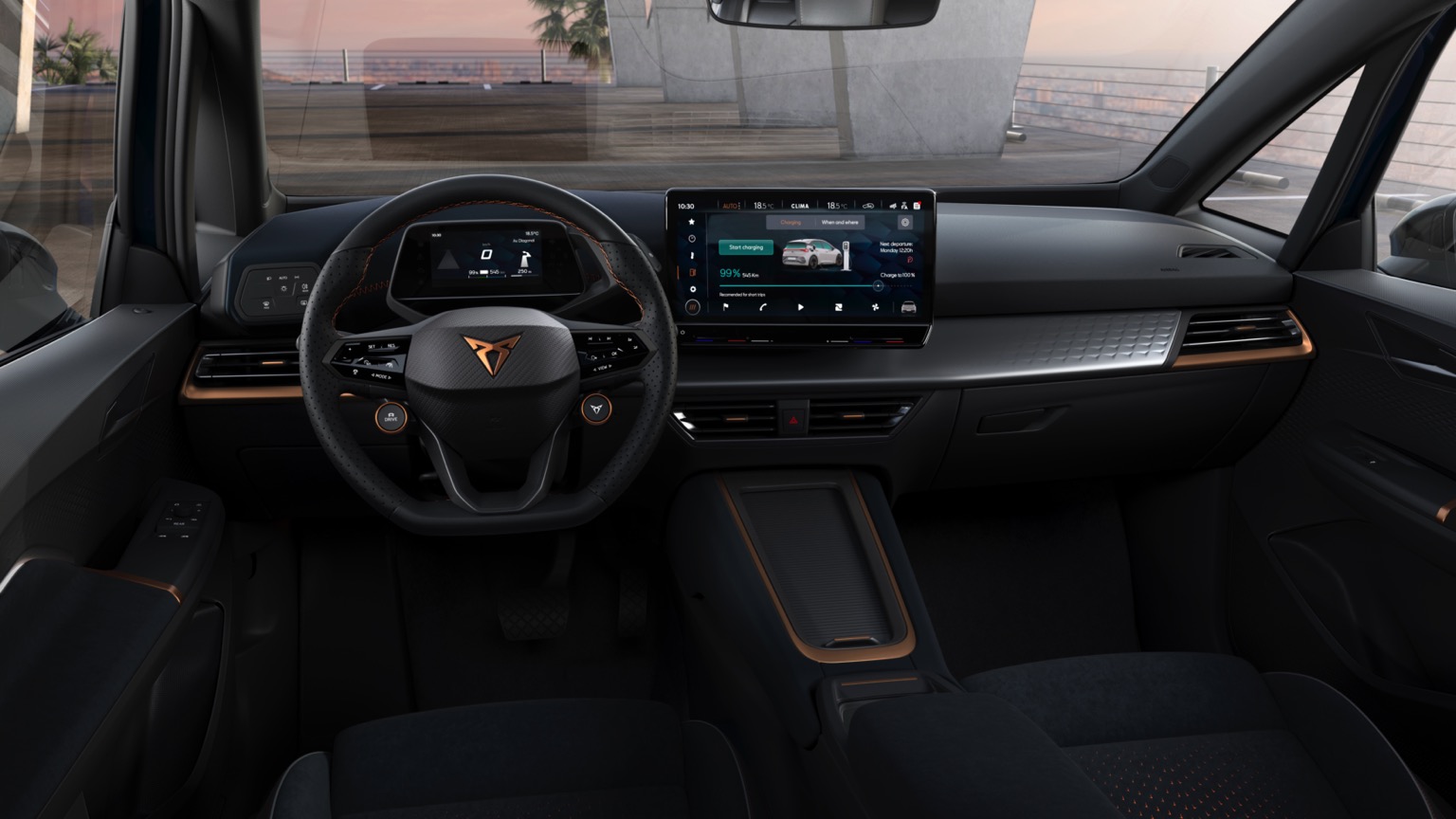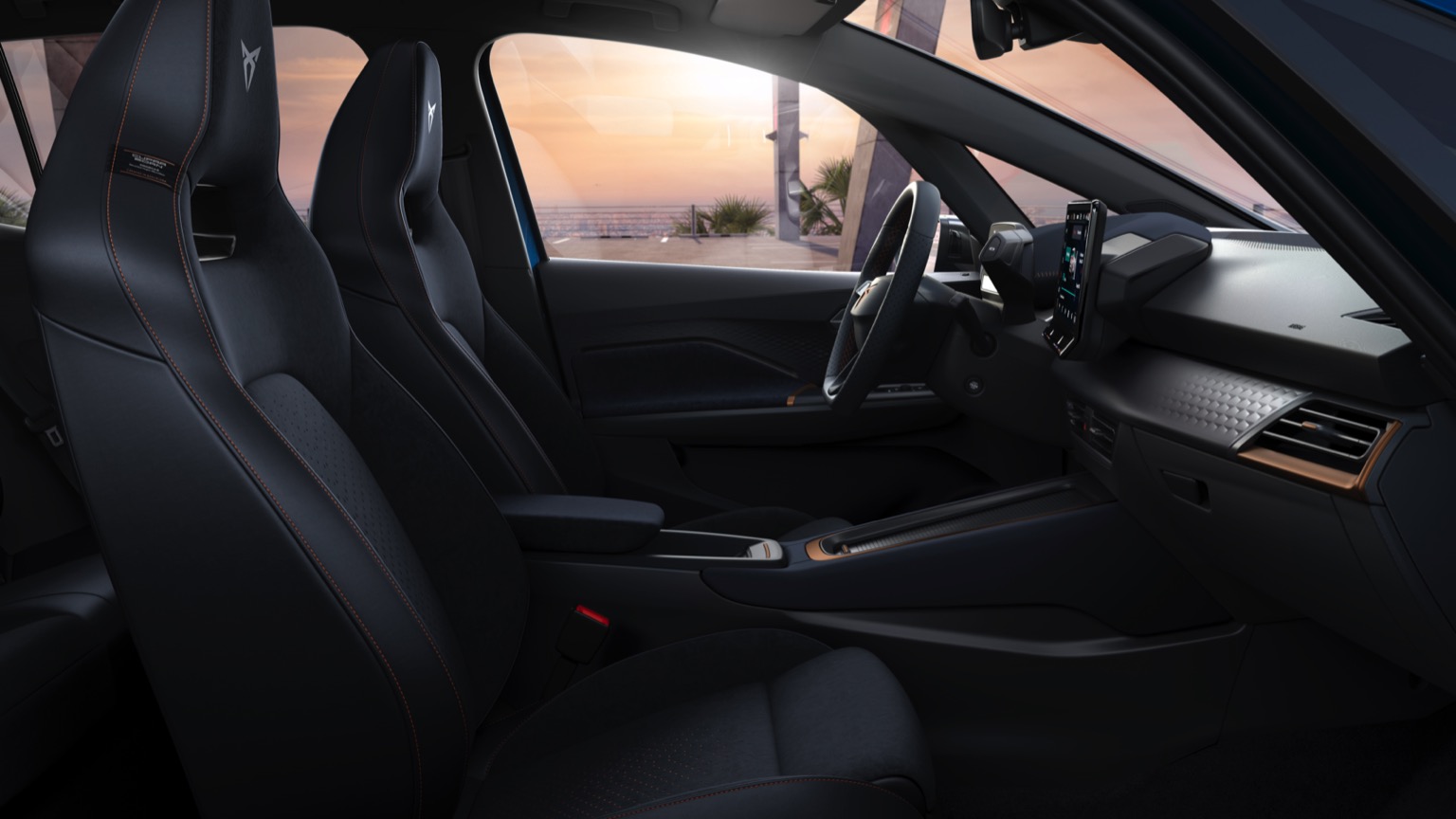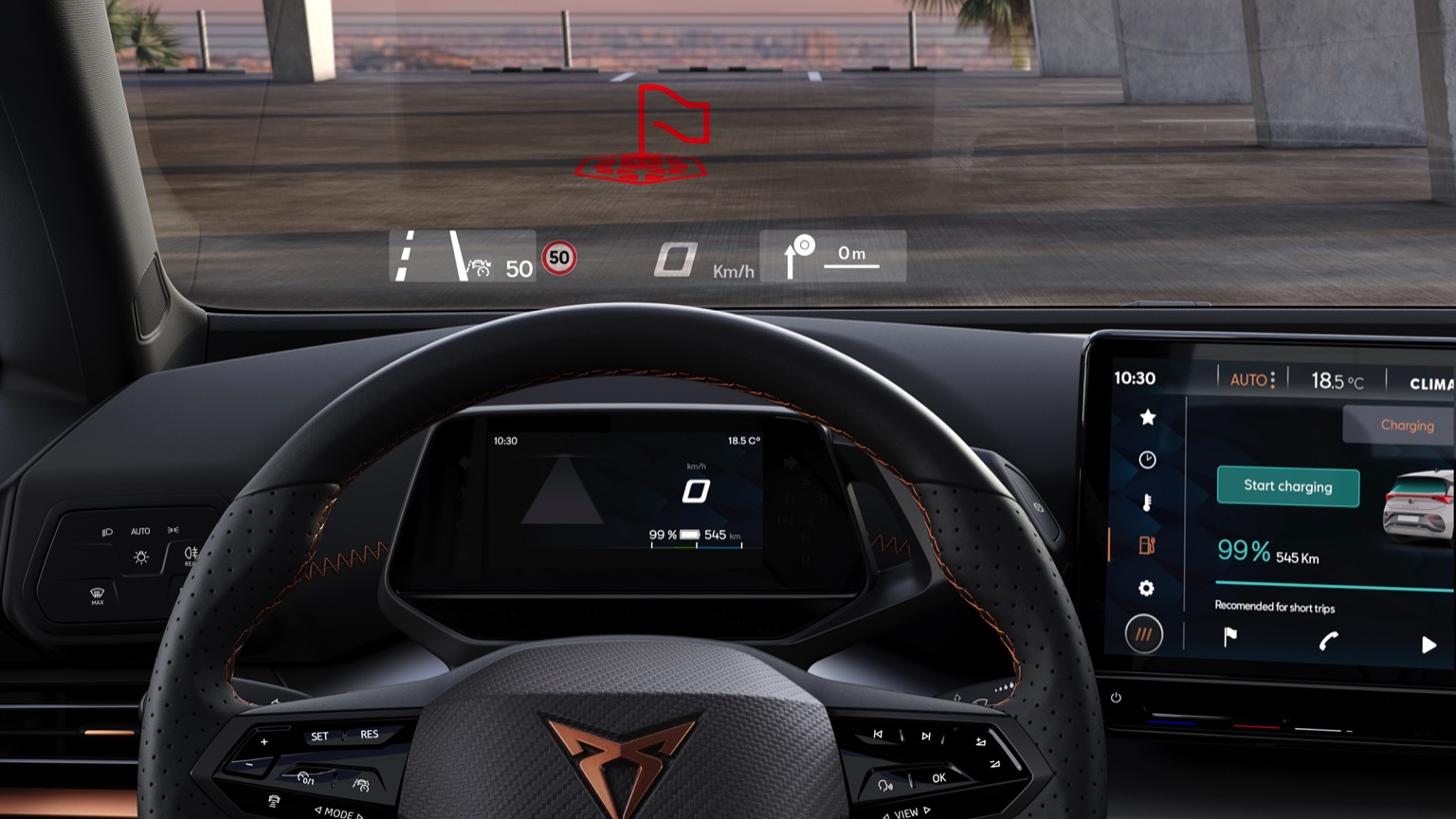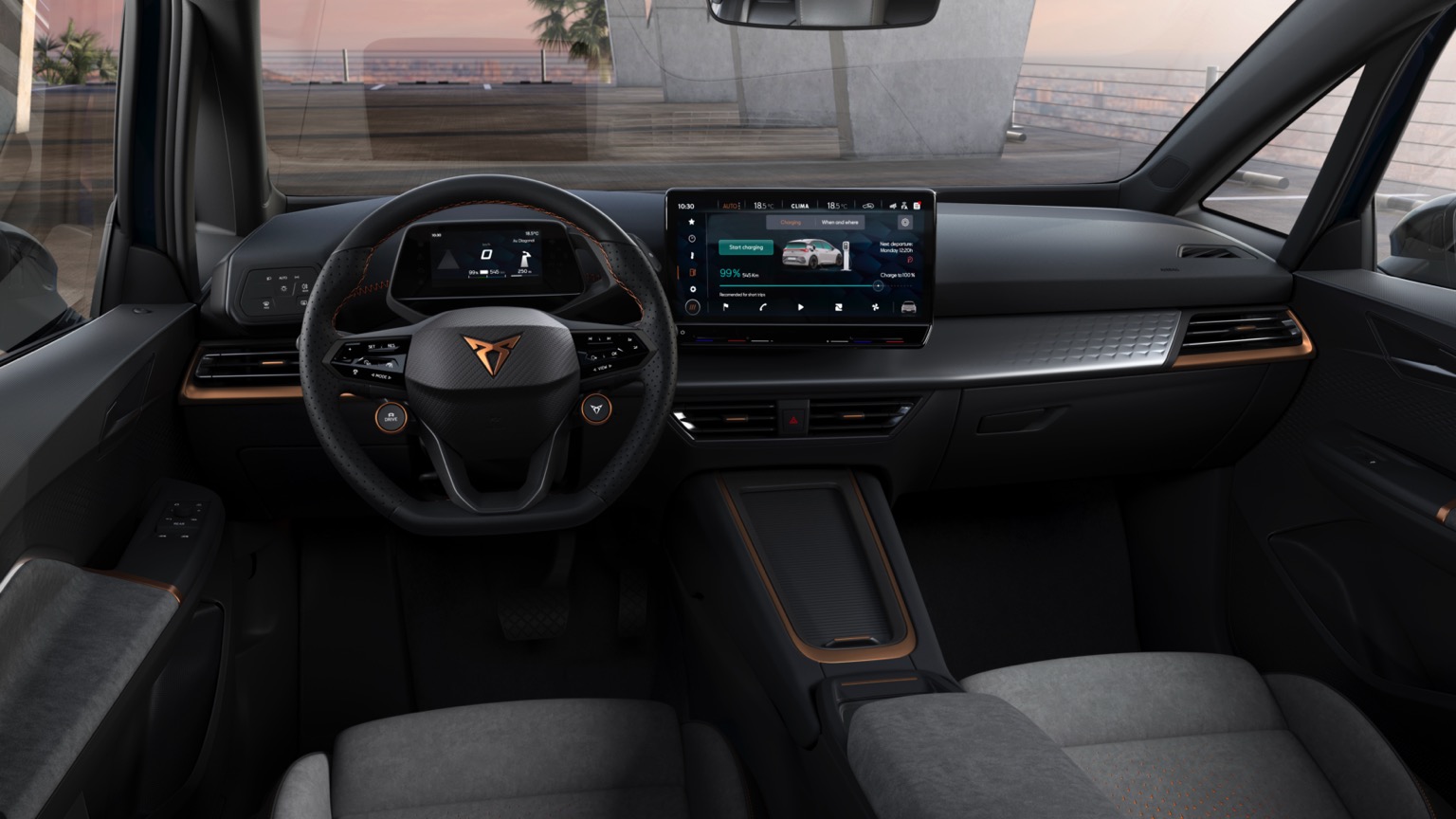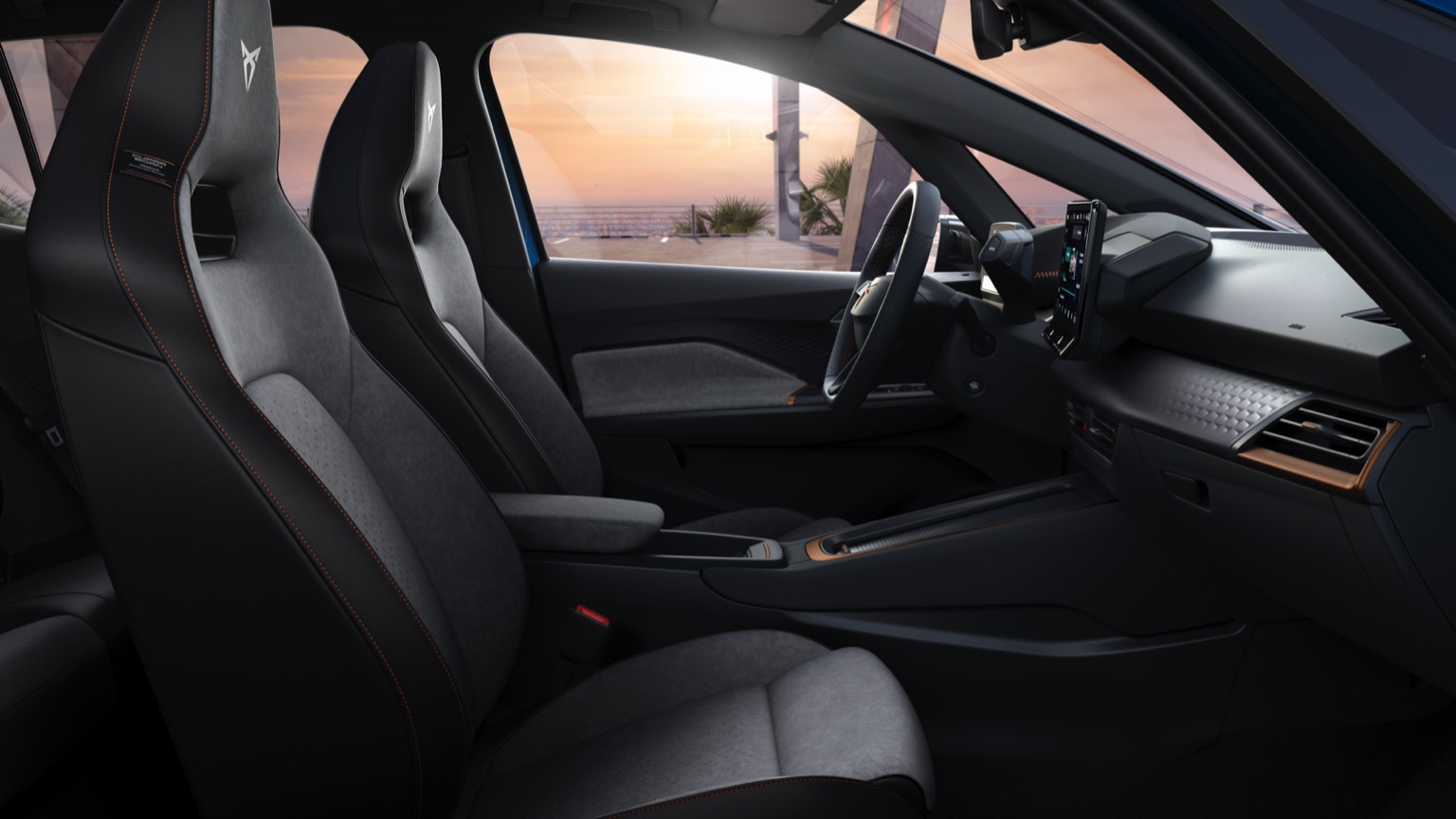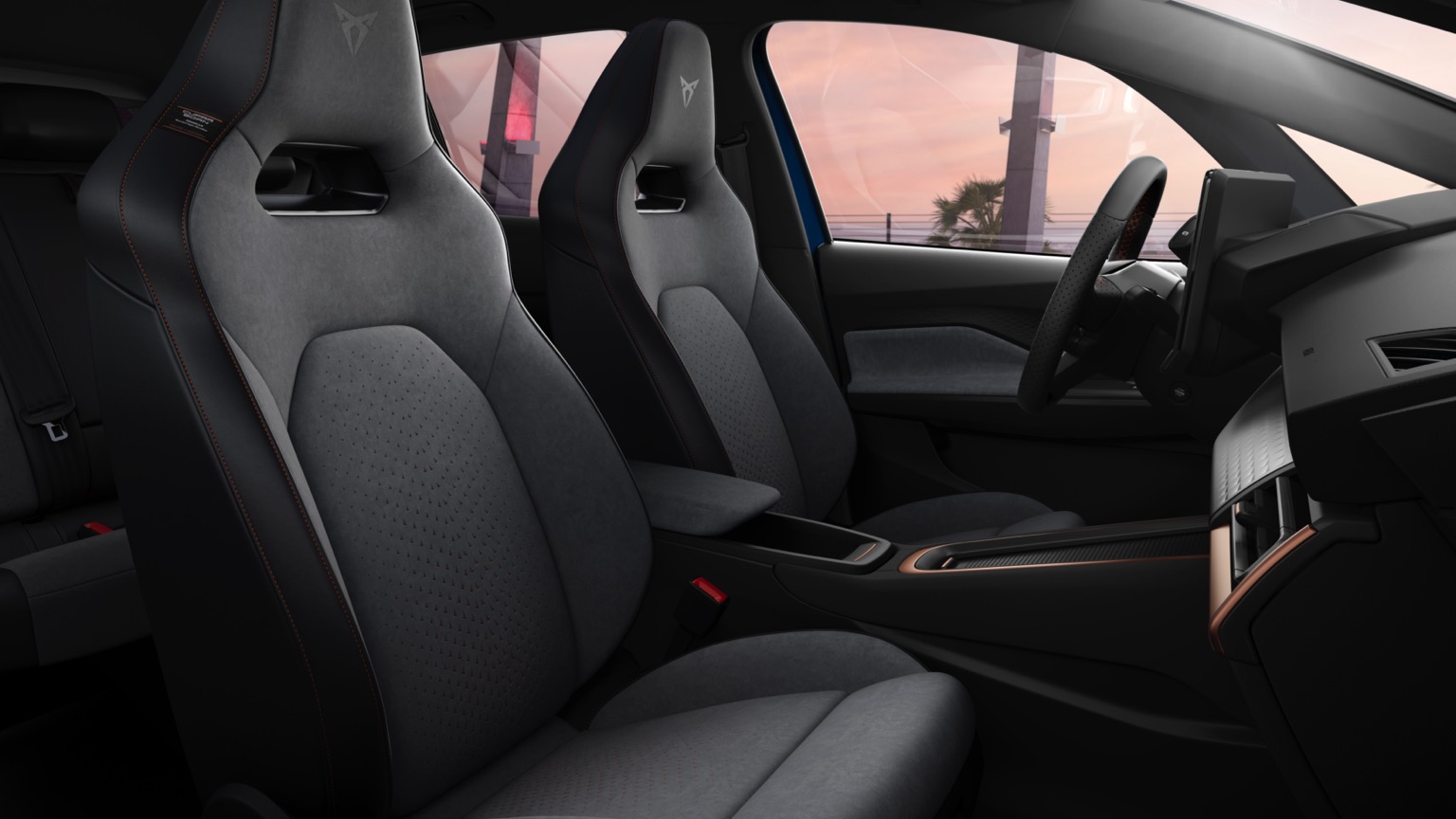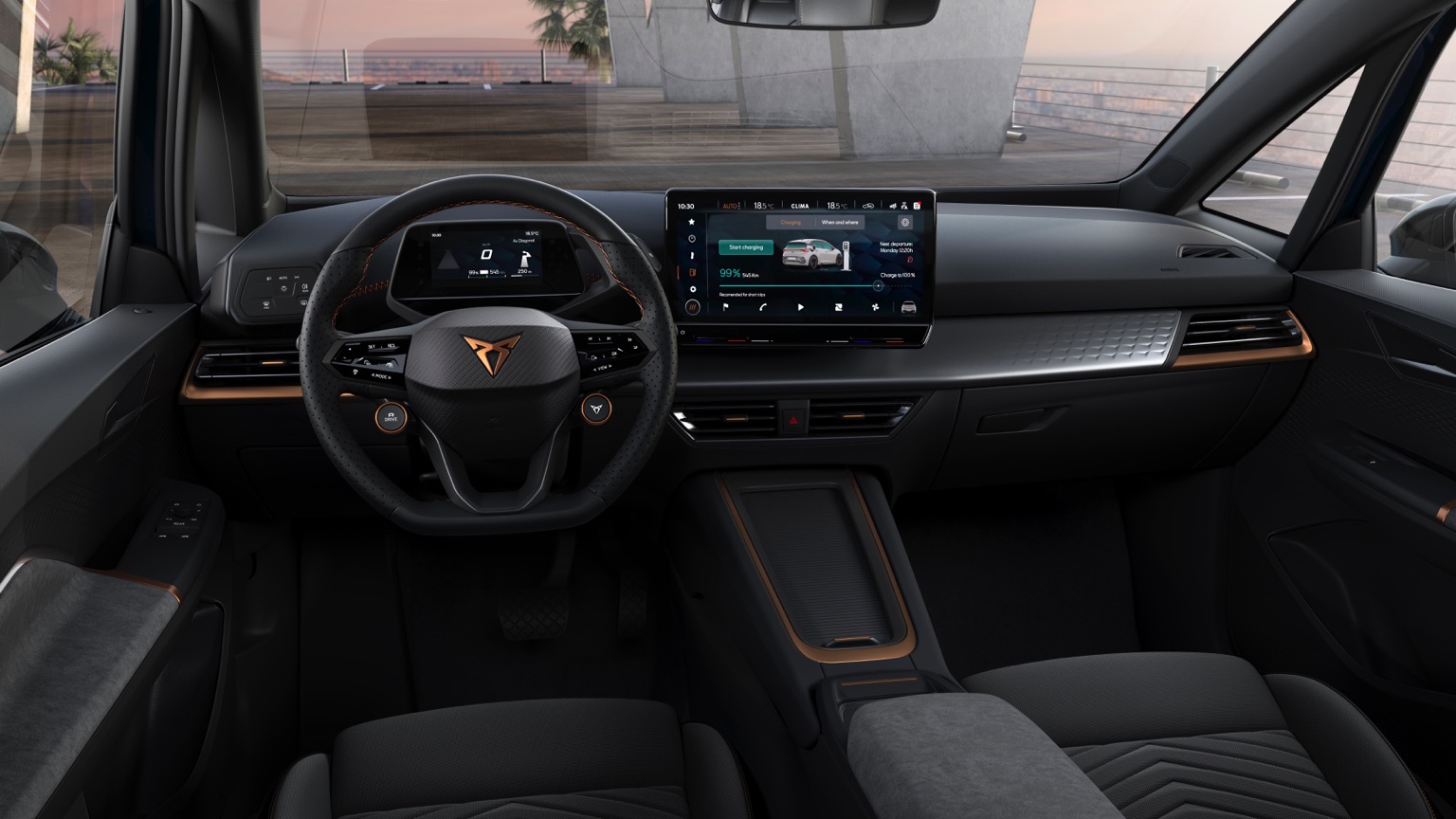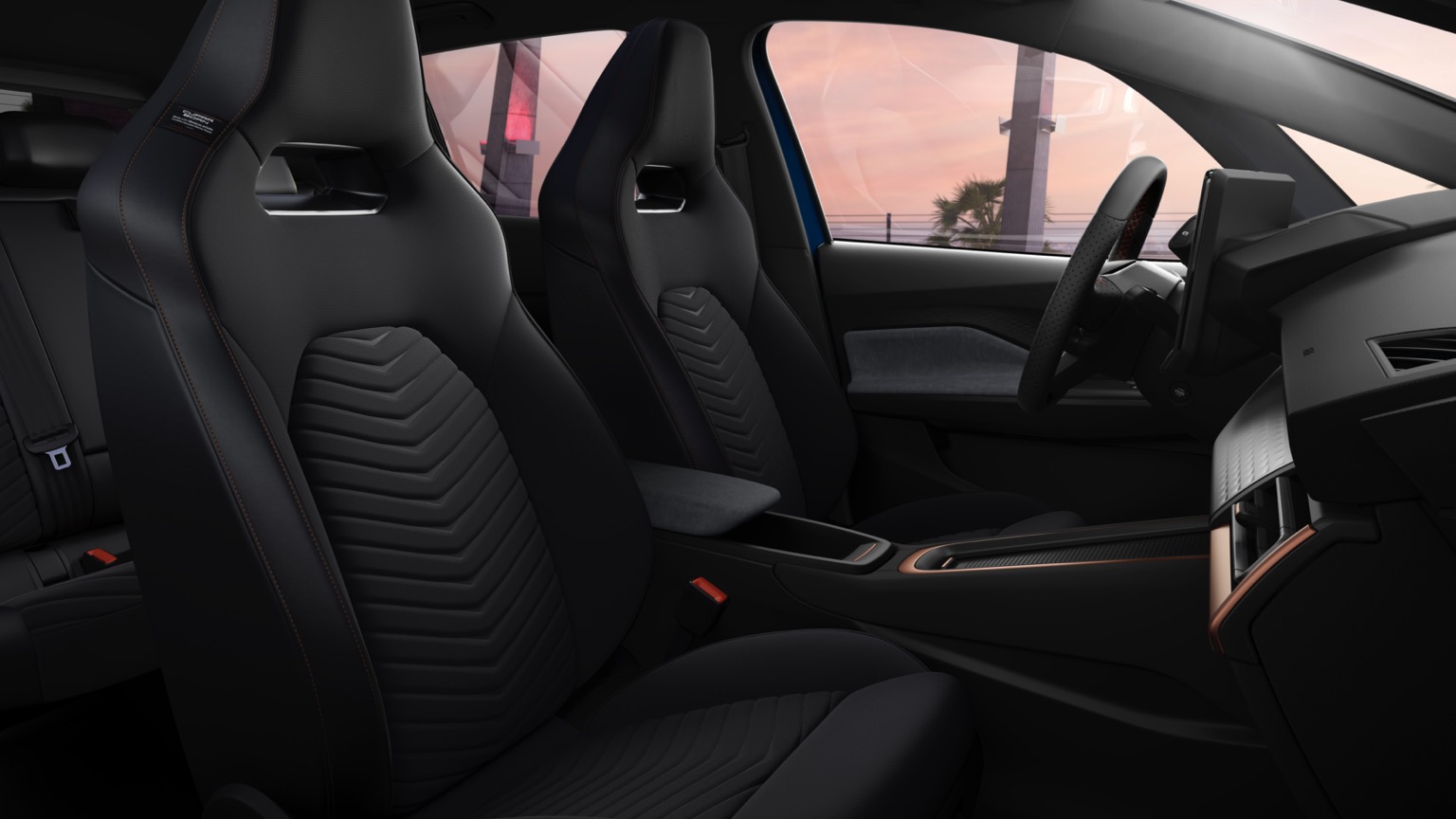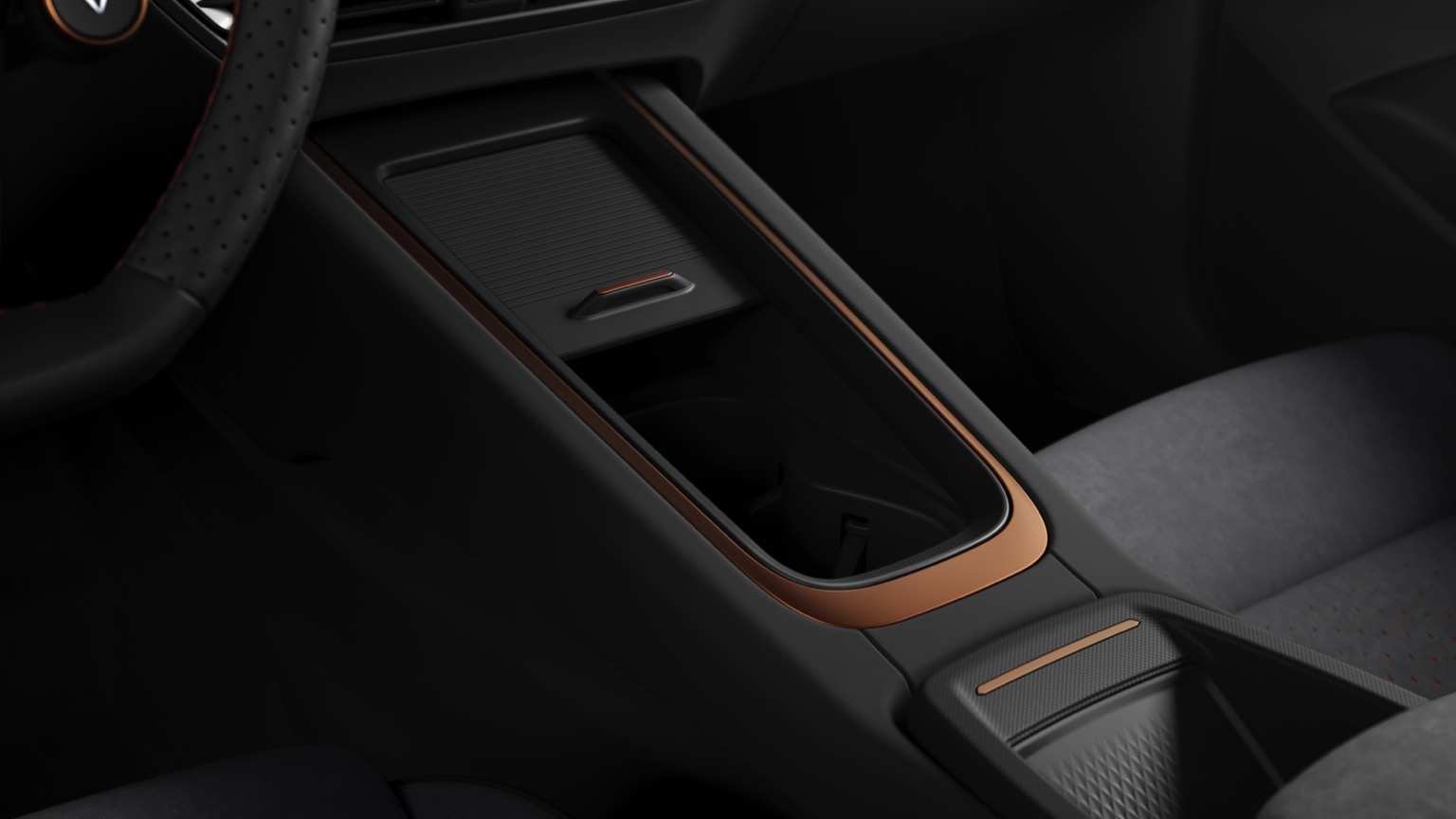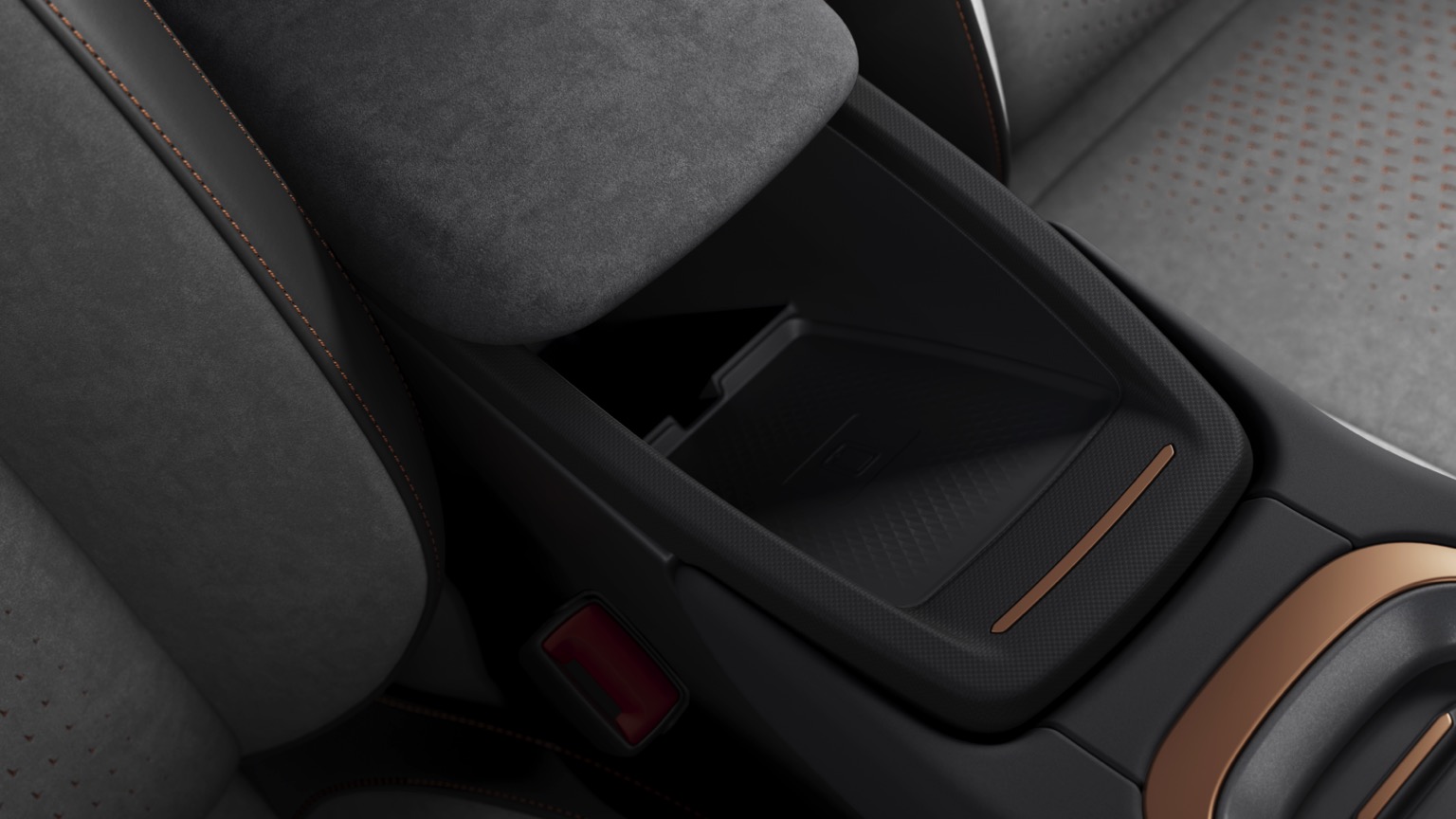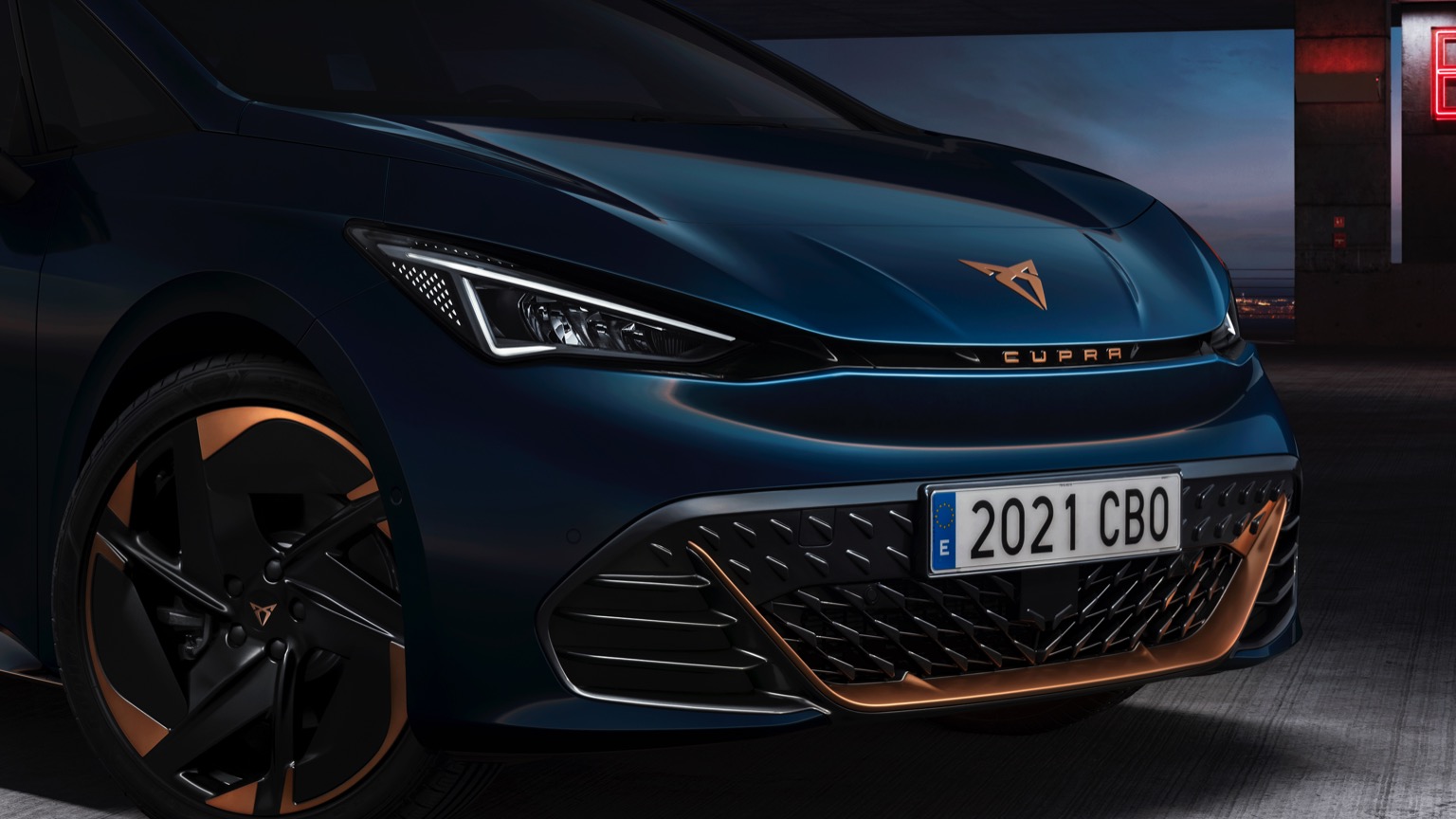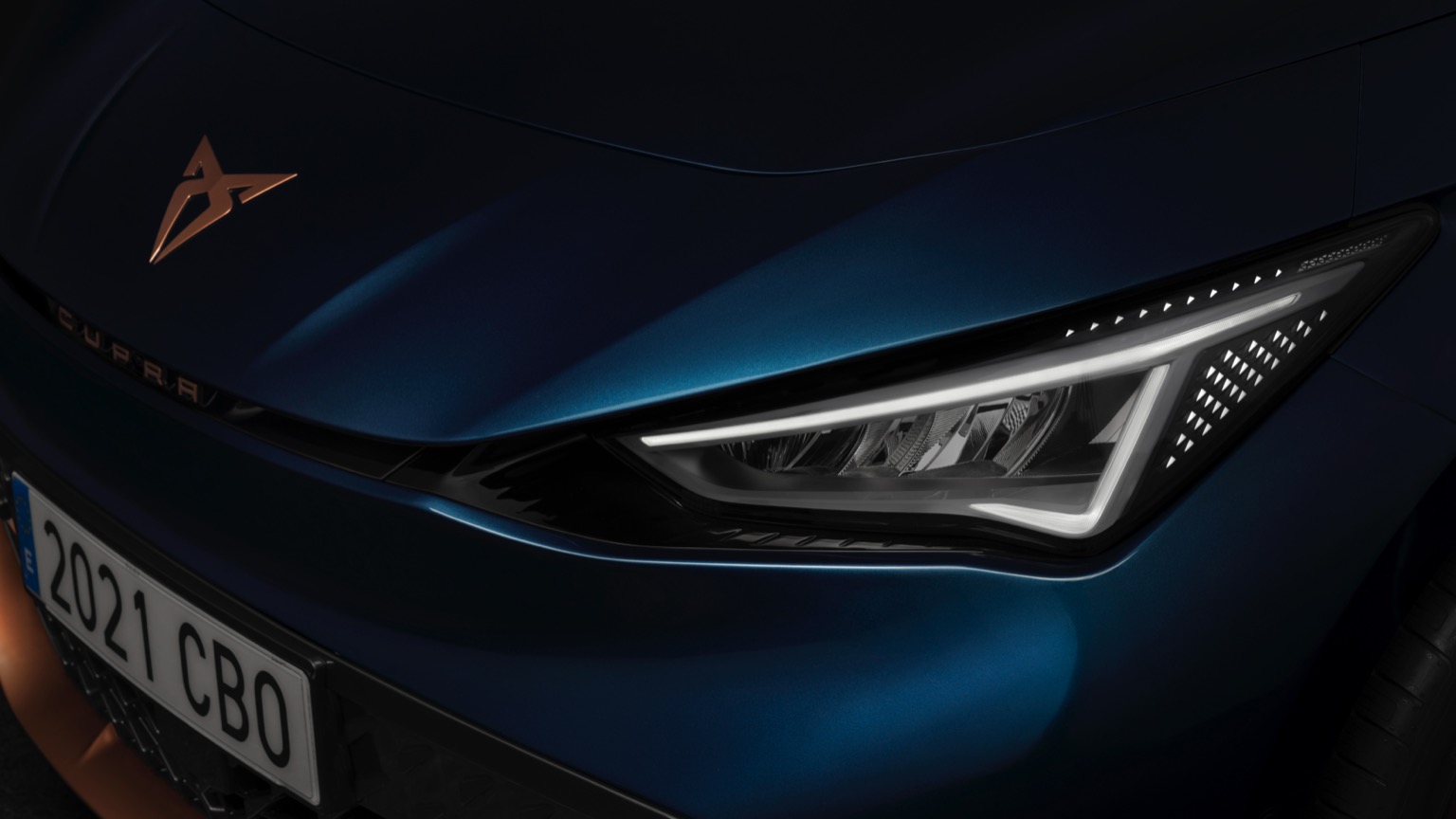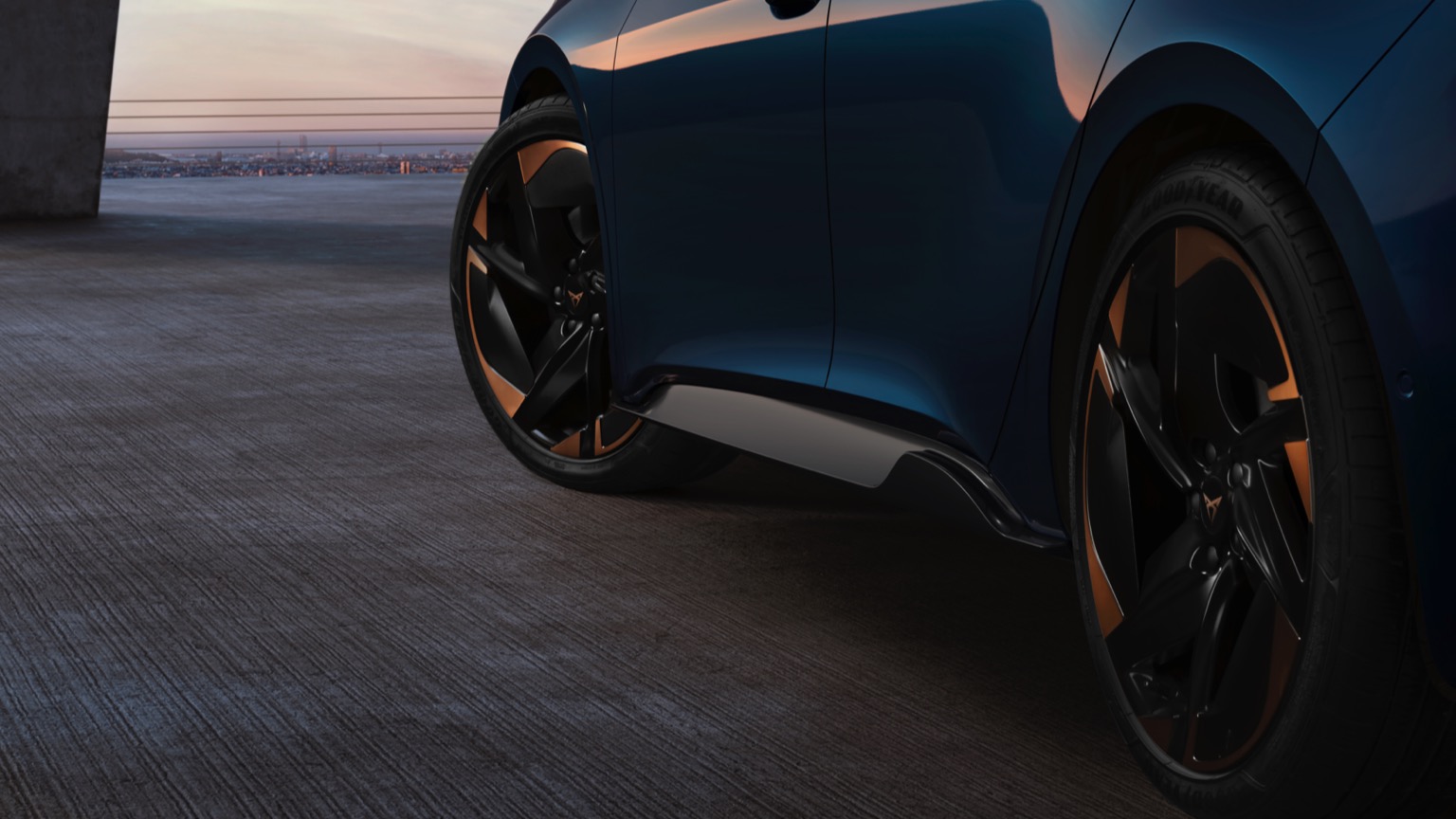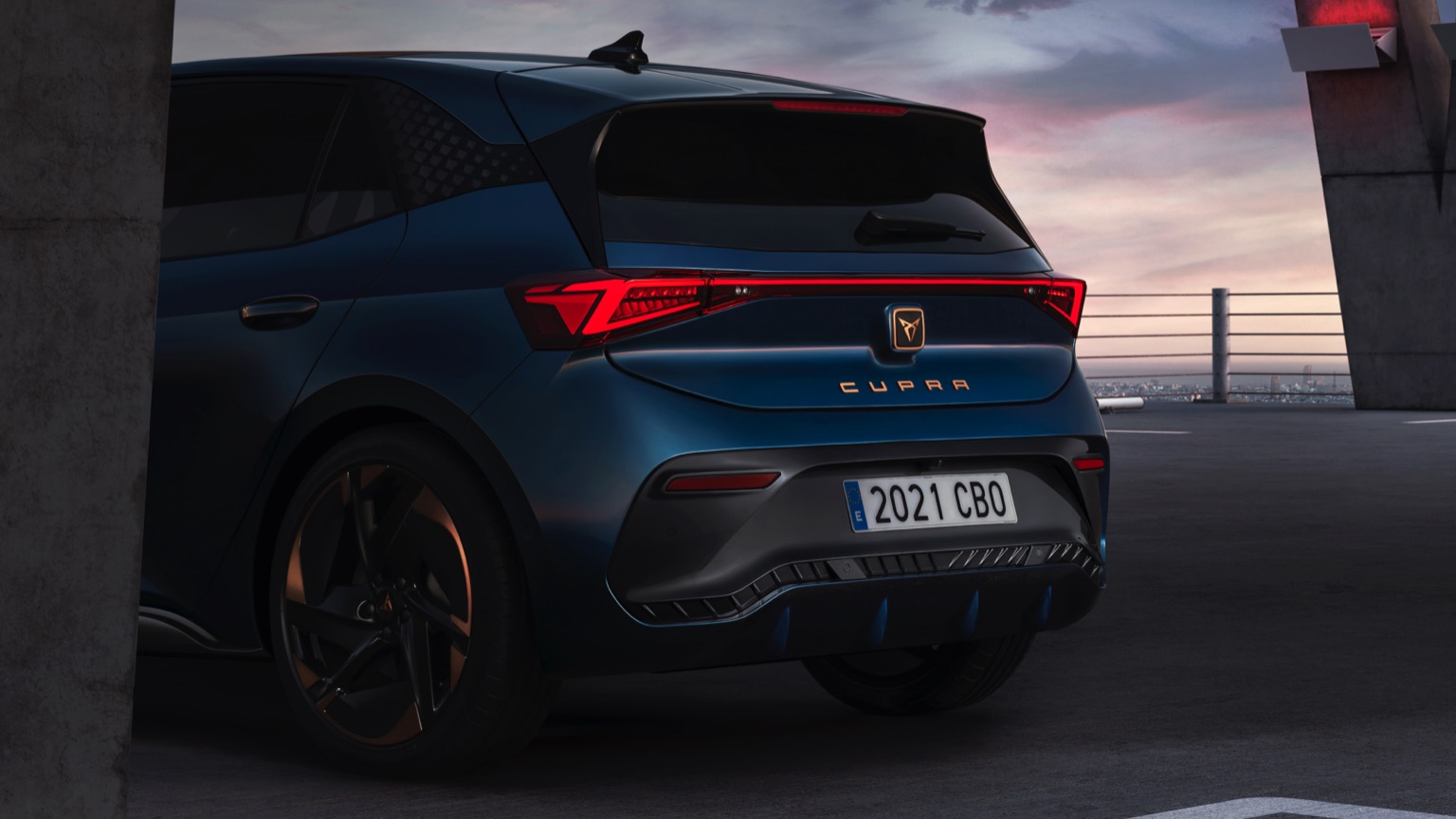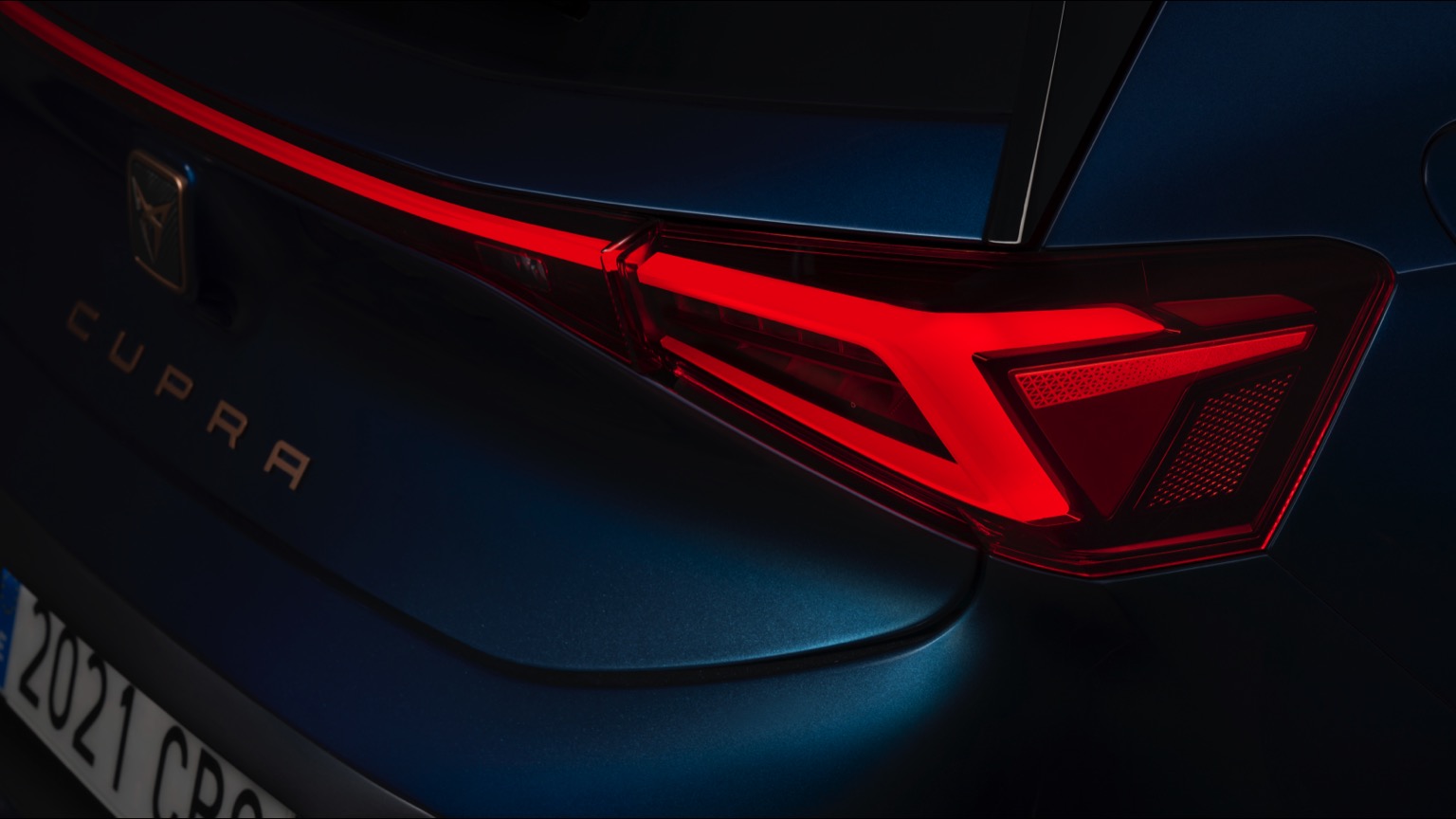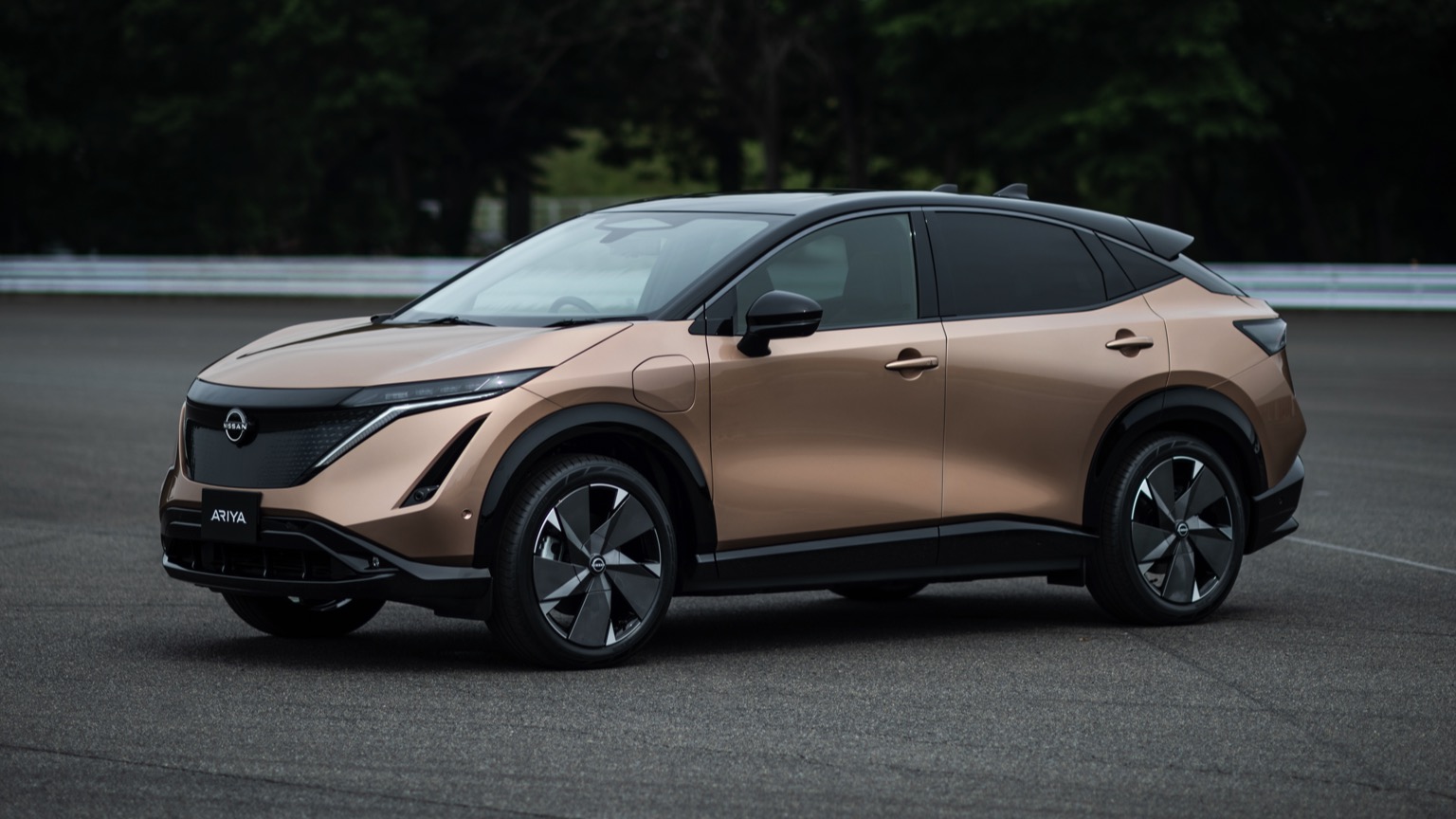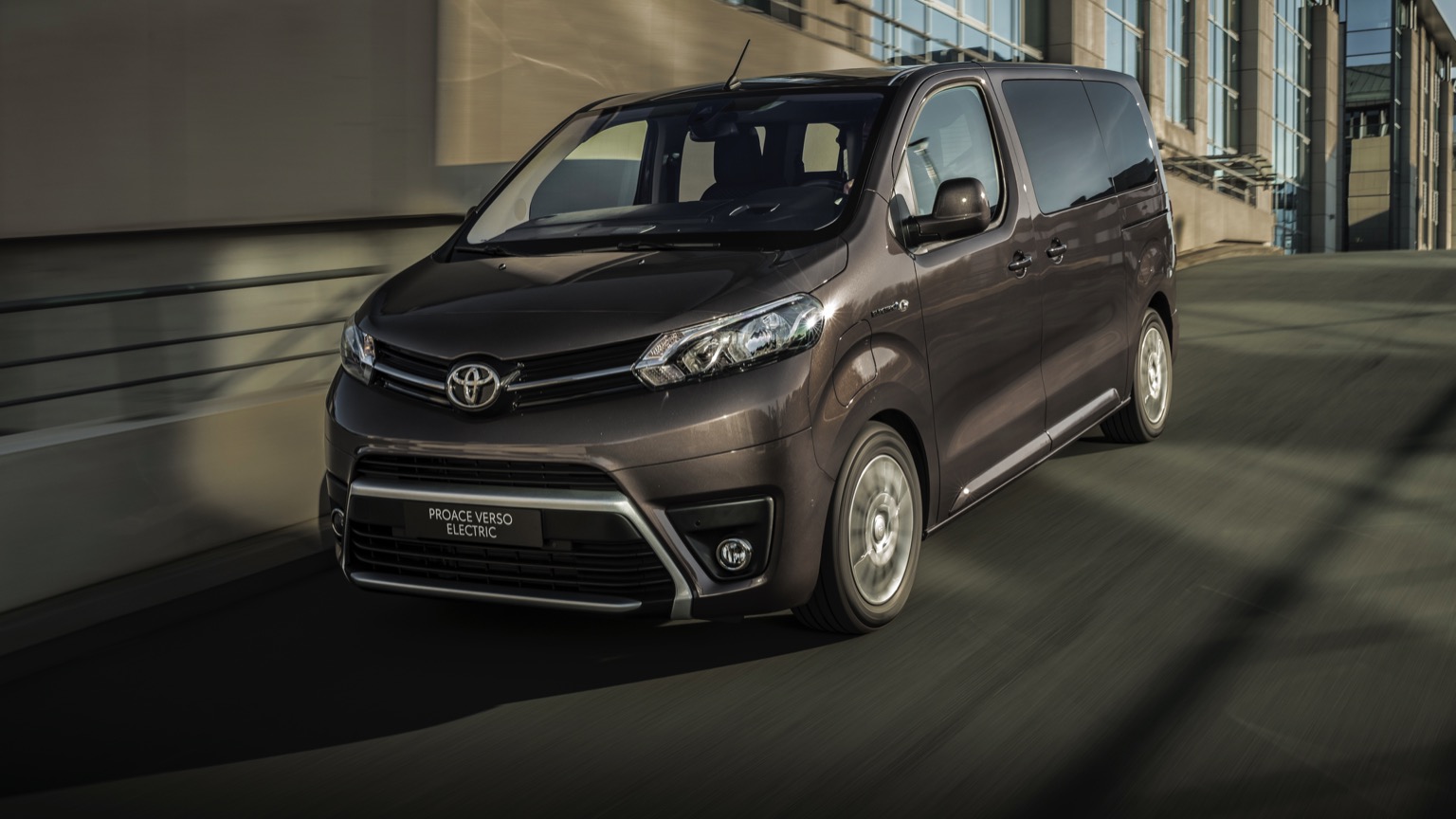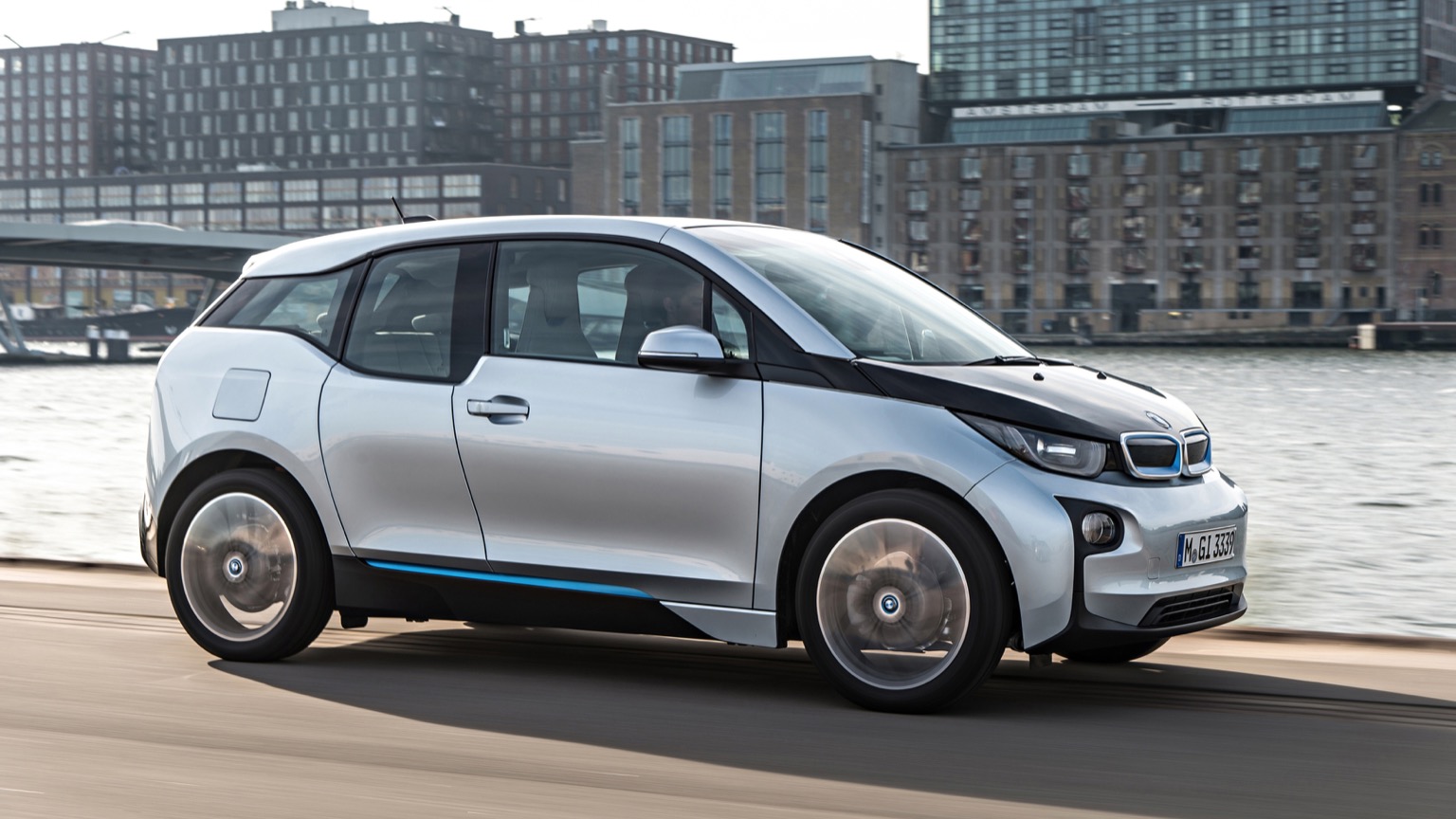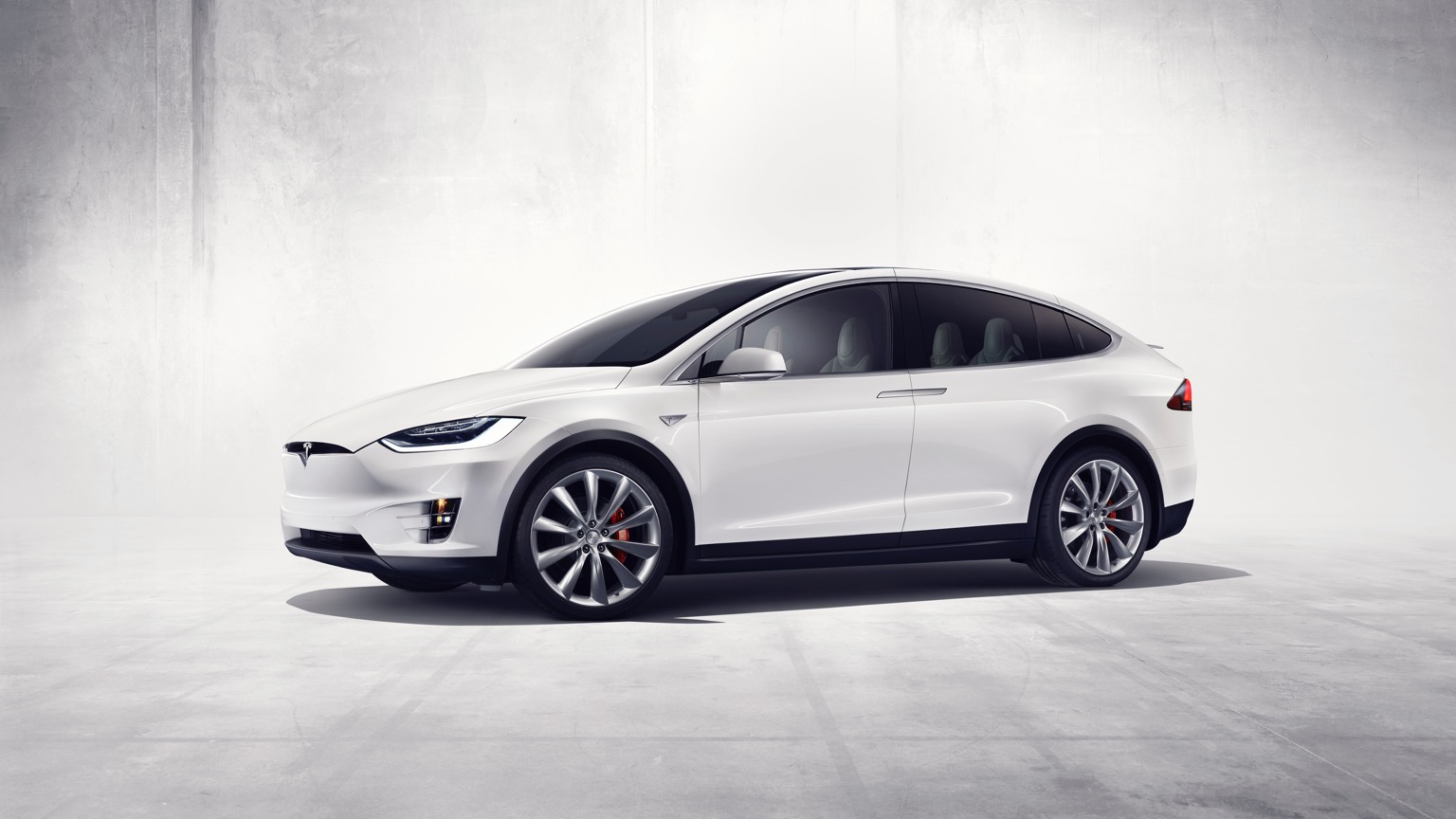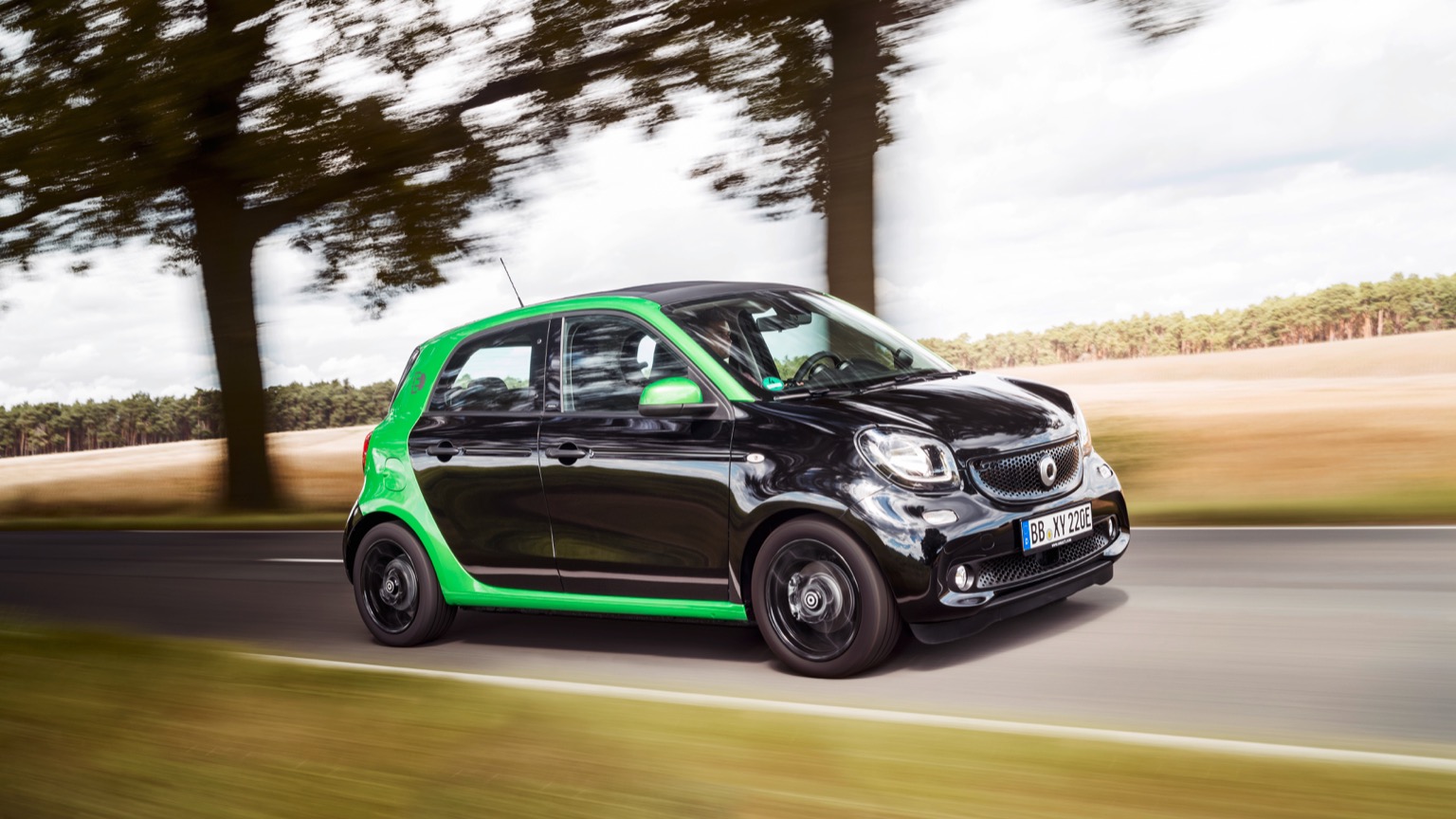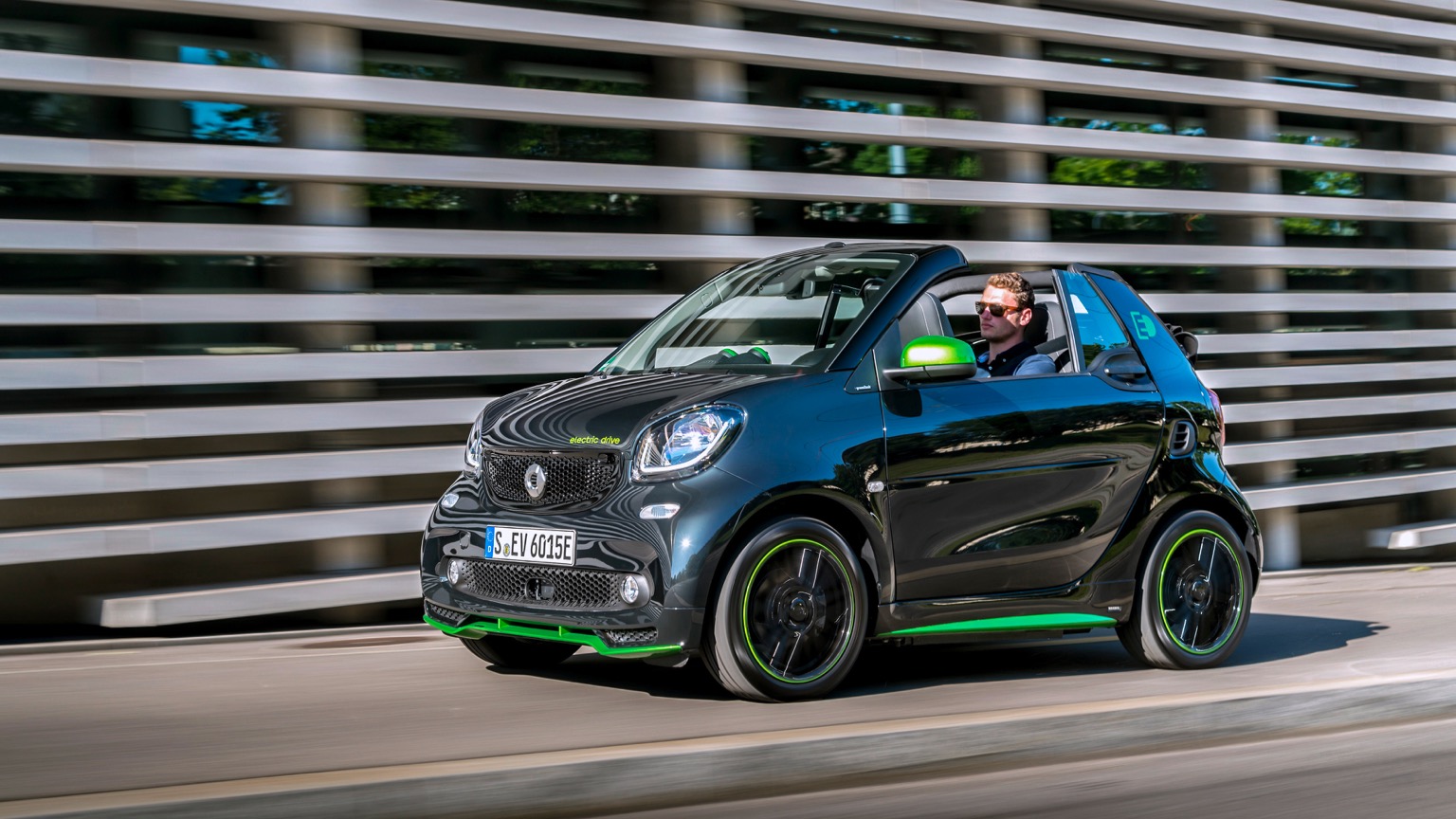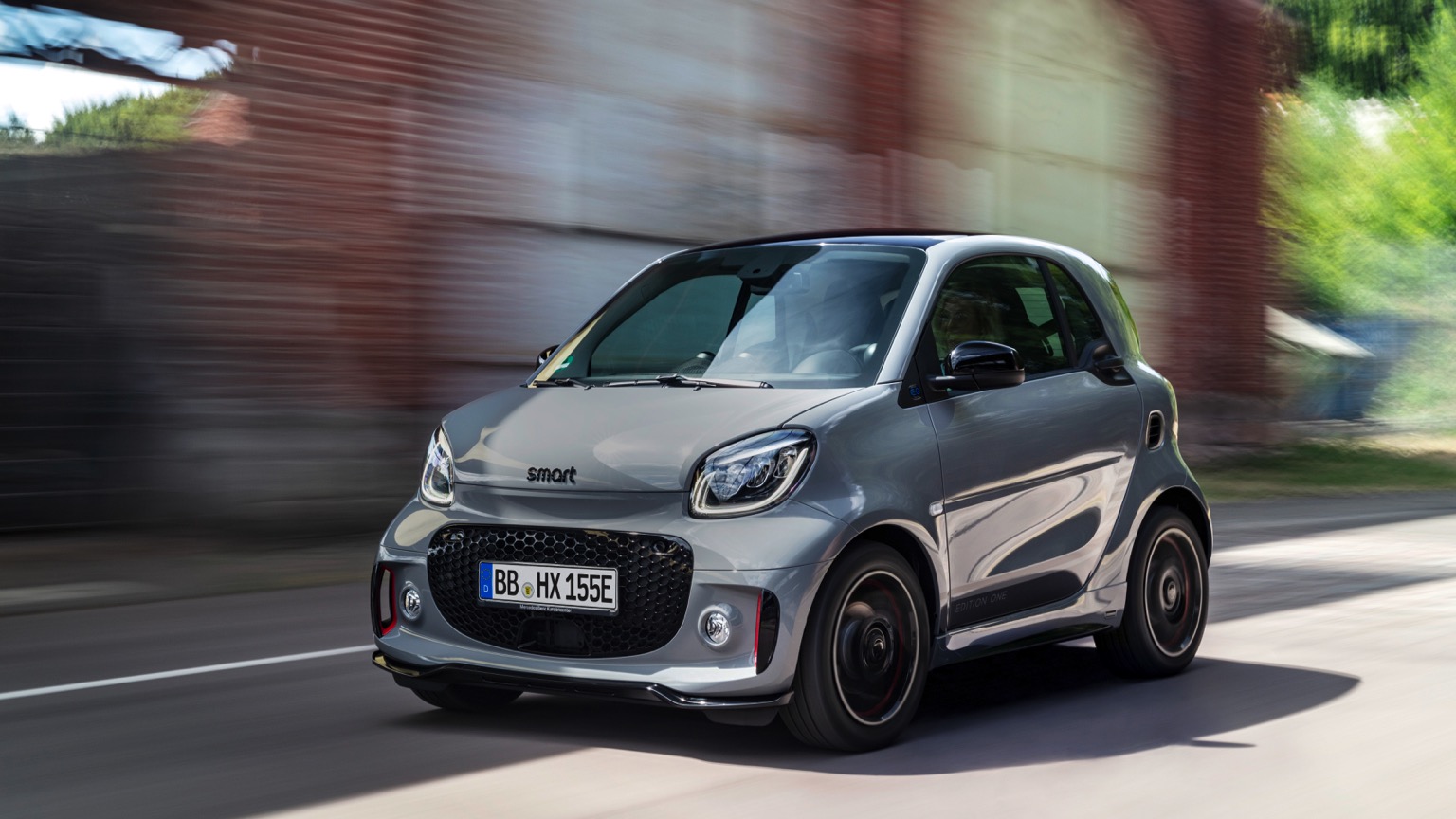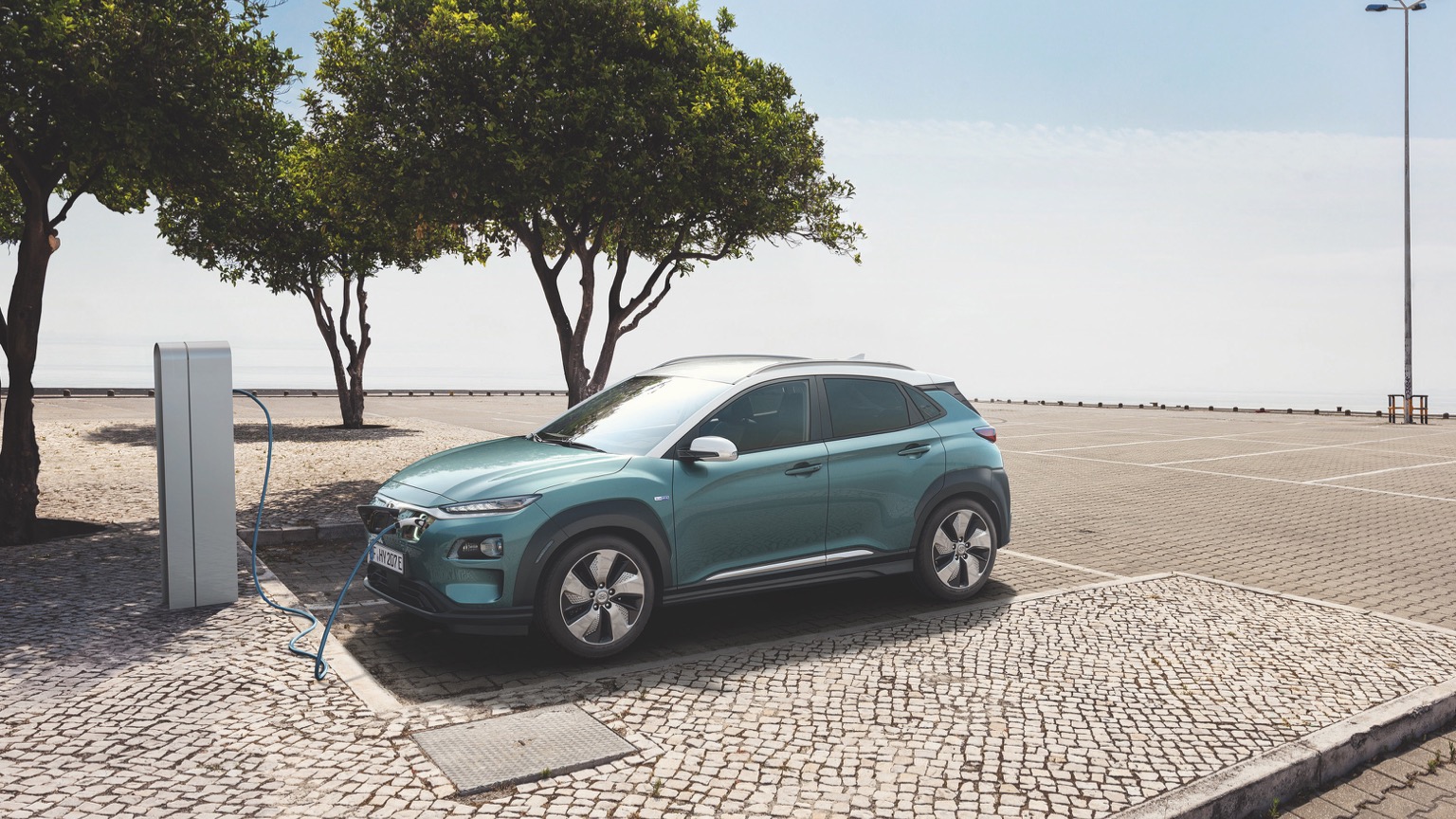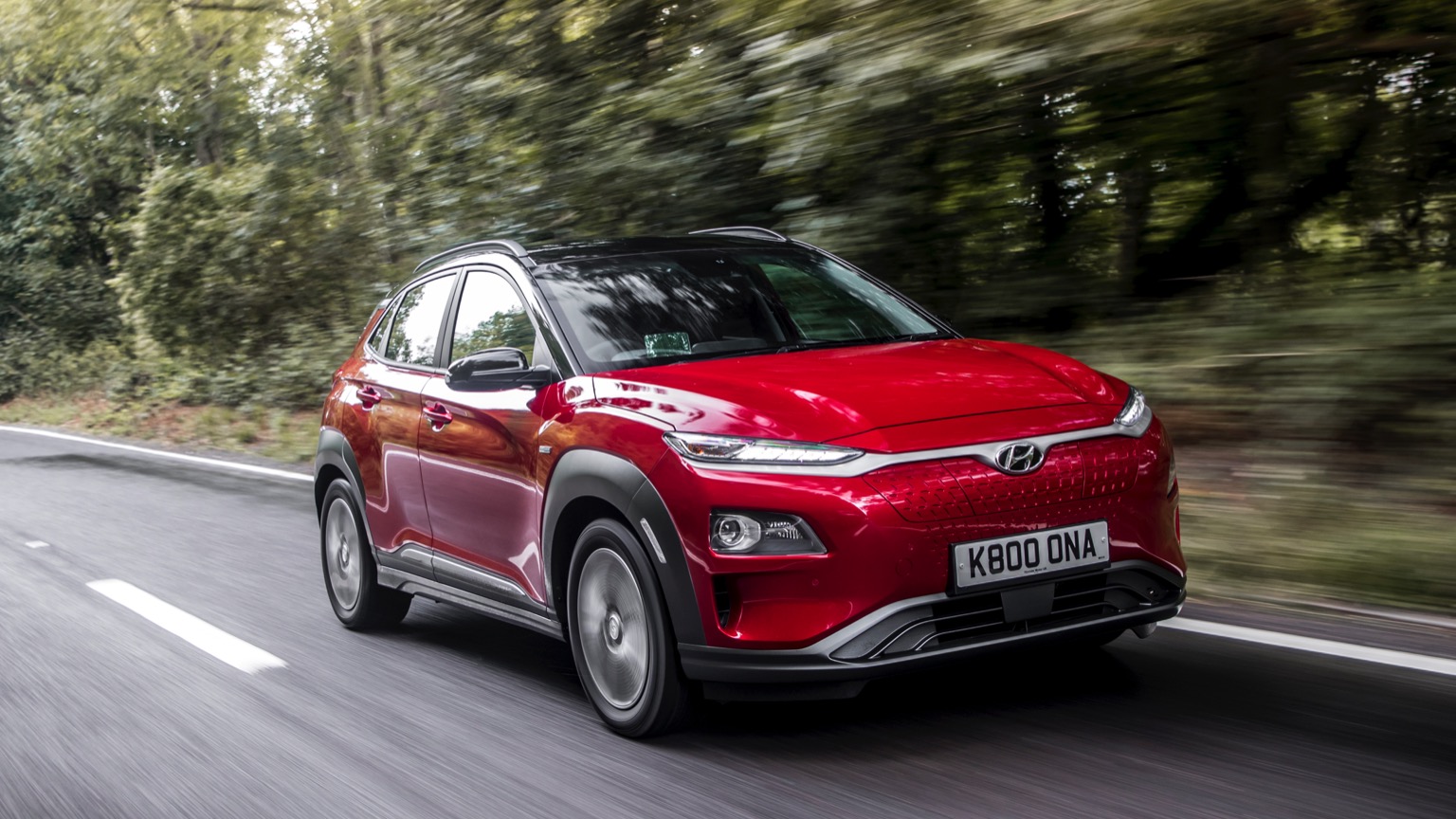Driving Range
In short, how many miles you can travel on a full charge. Is length important? Let’s not open that can of worms…
Efficiency
How many kWh of charge are needed to travel a set distance. The fewer needed, the more efficient your EV is. Easy!
Battery
The bigger the battery, the more power it can hold. In essence, fewer stops needed to top up your charge. Ahh, simplicity!
Top Speed
The maximum speed you can reach with your foot pressed hard to the floor. Important when escaping a zombie apocalypse, we assume.
Seats
Well, you don’t want to have to leave anybody at home… or do you?
Body
From stylish SUVs and compact crossovers, to curvaceous coupes and handy hatchbacks, there’s a perfect shape for everyone!
Isofix
The safe way to attach a child seat. Typically, these are hidden in the join between the back seats, alongside the crumbs from your last meal deal.
Safety Rating
A measure that considers the amount of safety kit installed, how a vehicle performs in crash testing and how safe it is for both pedestrians and cyclists.
| City - Cold Weather | 210 miles |
| Highway - Cold Weather | 155 miles |
| Combined - Cold Weather | 180 miles |
| City - Mild Weather | 320 miles |
| Highway - Mild Weather | 200 miles |
| Combined - Mild Weather | 250 miles |
Indication of real-world range in several situations. Cold weather: 'worst-case' based on -10°C and use of heating. Mild weather: 'best-case' based on 23°C and no use of A/C. For 'Highway' figures a constant speed of 110 km/h is assumed. The actual range will depend on speed, style of driving, weather and route conditions.
| Charge Port | Type 2 |
| Port Location | Right Side - Rear |
| Charge Power | 11 KW AC |
| Charge Time | 6hr 15m |
| Charge Speed | 34 mph |
| Fastcharge Port | CCS |
| FC Port Location | Right Side - Rear |
| Fastcharge Power (max) | 124 |
| Fastcharge Time | 31m |
| Fastcharge Speed | 290 mph |
General Charging (0 - 100%)
Charging is possible by using a regular wall plug or a charging station. Public charging is always done through a charging station. How fast the EV can charge depends on the charging station (EVSE) used and the maximum charging capacity of the EV
| Charging Point:Charging Point | Power:Power | Time:Time |
|---|---|---|
| Charging Point:Wall Plug | Power:2.3 kW | Time:29hr 45m |
| Charging Point:1-Phase 16A | Power:3.68 kW | Time:18hr 30m |
| Charging Point:1-Phase 32A | Power:7.36 kW | Time:9hr 15m |
| Charging Point:3-Phase 16A | Power:3.68 kW | Time:6hr 15m |
| Charging Point:3-Phase 32A | Power:7.36 kW | Time:6hr 15m |
Rapid Charging (10 - 80%)
Rapid charging enables longer journeys by adding as much range as possible in the shortest amount of time. Charging power will decrease significantly after 80% state-of-charge (SoC) has been reached.
| Charging Point:Charging Point | Average Power:Average Power | Time:Time |
|---|---|---|
| Charging Point:CCS 50 | Average Power:50 kW | Time: 51m |
| Charging Point:CCS 150 | Average Power:82 kW | Time: 31m |
| EVDB Real Range | 215 miles |
| EVDB Vehicle Consumption | 270 Wh/mi |
| EVDB CO2 Emissions | 0 g/mi |
| EVDB Vehicle Fuel Equivalent | 1.5 l/100mi |
| WLTP Real Range | 265 miles |
| WLTP Rated Consumption | 24.9 Wh/mi |
| WLTP Vehicle Consumption | 21.9 Wh/mi |
| WLTP CO2 Emissions | 0 g/mi |
| WLTP Rated Fuel Equivalent | 1.62 l/100mi |
| WLTP Vehicle Fuel Equivalent | 1.85 l/100mi |
| Acceleration 0 - 100 km/h | 7.3 sec |
| Top Speed | 99 mph |
| Electric Range* | 215 miles |
| Total Power* | 150 kWh |
| Total Torque* | 310 Nm |
| Drive | Rear |
| Safety Rating | |
| Rating Year | 2022 |
| Adult Occupant | 93% |
| Child Occupant | 89% |
| Vulnerable Road Users | 73% |
| Safety Assist | 80% |
For more details on the safety rating of this vehicle, visit euroncap.com
| Nominal Capacity | 62 kWh |
| Battery Type | Lithium-ion |
| Number of Cells | 108 |
| Architecture | 400 V |
| Useable Capacity | 58 kWh |
| Cathode Material | N/A |
| Pack Configuration | 108s2p |
| Nominal Voltage | 397 V |
| Length | 4322 mm |
| Width | 1809 mm |
| Width (with mirrors) | 2070 mm |
| Height | 1540 mm |
| Wheelbase | 2766 mm |
| Weight Unladen (EU) | 1811 kg |
| Gross Vehicle Weight (GVWR) | 2260 kg |
| Max. Payload | 524 kg |
| Cargo Volume | 385 L |
| Cargo Volume (Max) | N/A |
| Cargo Volume Frunk | N/A |
| Roof Load | N/A |
| Tow Hitch Possible | No |
| Towing Weight Unbraked | N/A |
| Towing Weight Braked | N/A |
| Vertical Load Max | N/A |
| Seats | 5 |
| Isofix | Yes, 3 seats |
| Turning Circle | 10.2m |
| Platform | VW MEB |
| Car Body | Hatchback |
| Segment | C |
| Roof Rails | No |
| EV Dedicated Platform | Yes |
* = estimated value. Average energy consumption and range based on moderate drive style and climate. Real-life values may differ significantly. Pricing information might not be actual for some regions. No rights can be derived from the information on this site.
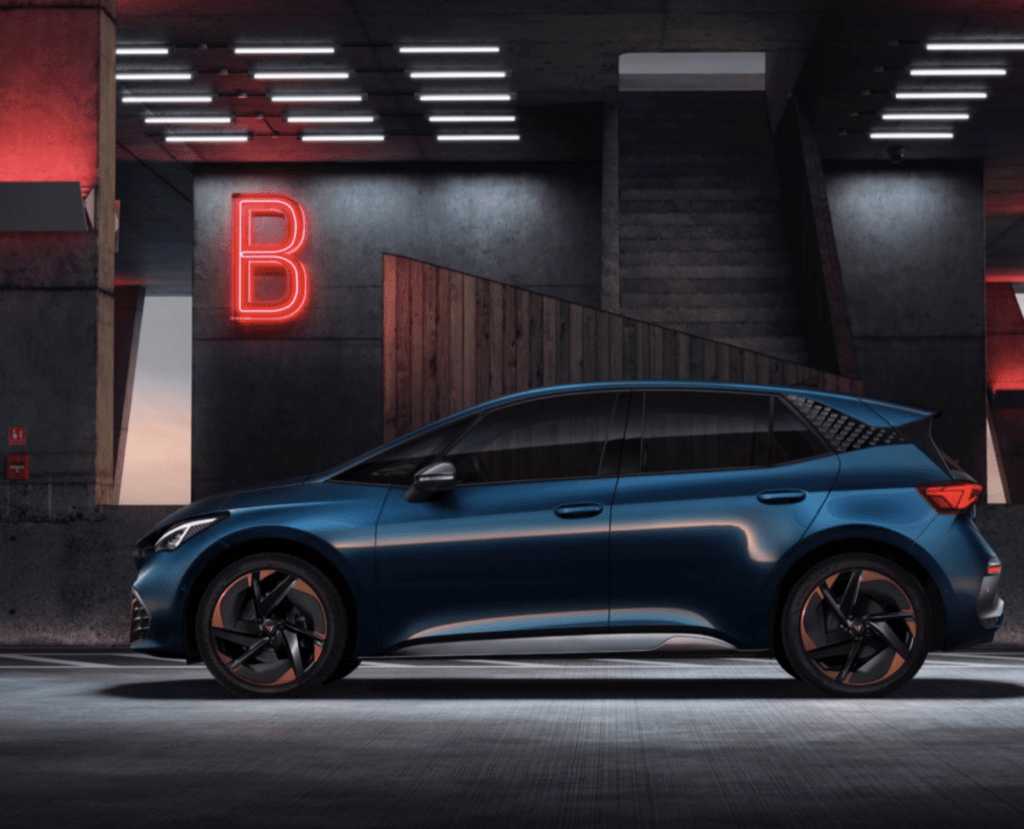
Cupra Born 58kWh charging guide
Get ready to embrace a new era of electrifying performance and cutting-edge design with the Cupra Born. Born to be bold, this remarkable electric vehicle marks the dawn of a thrilling chapter in automotive innovation. With its striking aesthetics, advanced technology, and exhilarating electric powertrain, the Cupra Born is set to redefine the way you think about electric cars.
Join us as we embark on a journey to discover the future of driving, where sustainability and exhilaration seamlessly converge in a package that’s as exciting as it is environmentally conscious. Welcome to the electric revolution; welcome to the Cupra Born.
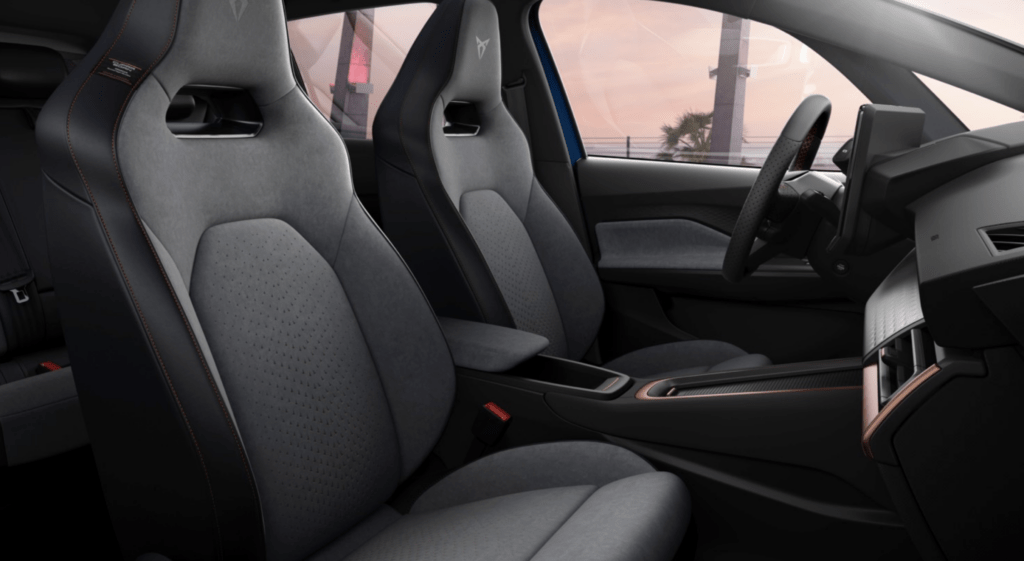
Can I charge a Cupra Born at home?
Absolutely. Charging your electric vehicle at home offers a cost-effective, sustainable solution. With some EV chargers, like zappi, you can make the most of your home’s resources, such as solar panels, to charge your Cupra Born and keep your EV environmentally friendly.
EV owners can also opt for specific EV charging tariffs such as Octopus Go or Octopus Intelligent energy tariffs, you can reap the benefits of reduced off-peak rates which make owning your Born even better value.
How long does it take to charge the Cupra Born 58kWh?
8 Hours and 17 minutes*
*Using a standard 7kWh charger, such as zappi it would take just over 8 hours to fully charge your 58kWh battery. The Cupra Born 58 kWh also has the capability to be charged on the 22kWh zappi, which would reduce this charging time down to 6 hours and 15 minutes.
What is the range of the Cupra Born 58kWh?
215 miles**The range of the Cupra Born with the 58Wh battery, differs between 180 miles and 320 miles depending on your driving conditions and the type of road. Typically, the average range from a full charge will be around 215 miles.
How much does it cost to charge the Cupra Born 58kWh?
£4.35**It could cost just £4.35 to charge the Cupra Born 58kWh when fully utilising off-peak charging on an Octopus Intelligent tariff, at 0.075p/kWh. In contrast, peak charging on a standard rate of 0.34p/kWh can cost £19.72 to charge up.
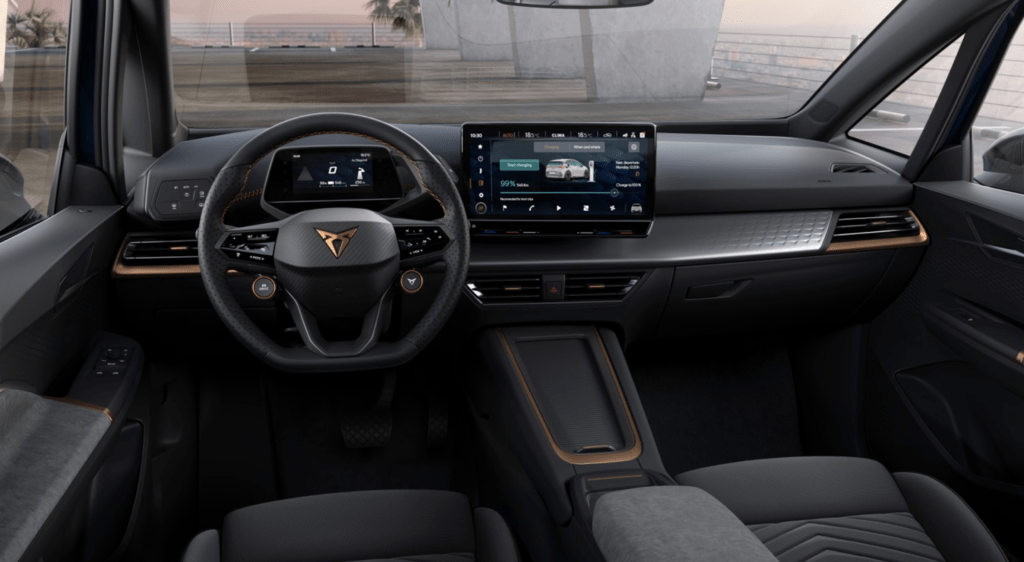
How much is the Cupra Born 58kWh?
With three basic models of the Born, and a long list of customisations the cost of a Cupra Born can vary. The basic model (V1) starts at £36,475* with no additional extras and the more luxury model (V3) with all of the possible upgrades comes in at £48,085*.
*prices correct as of October 2023.
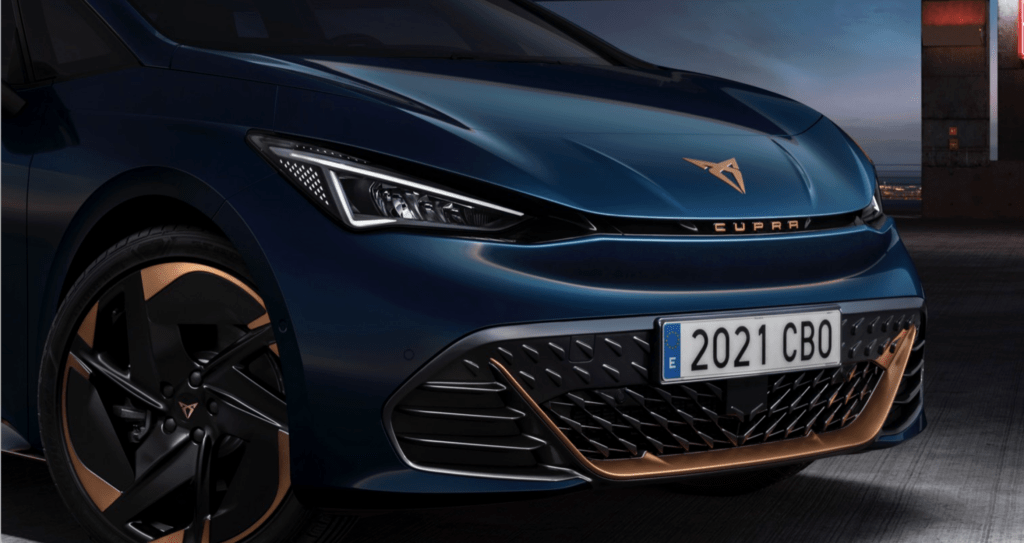
What is the range of the Cupra Born 58kWh?
As with all EV’s the range of the vehicle can differ depending on your driving style, conditions and specific journey.
As a guide, the Cupra Born has an average range of 215 miles. However, this can fluctuate between 155 and 320 miles depending on the conditions.
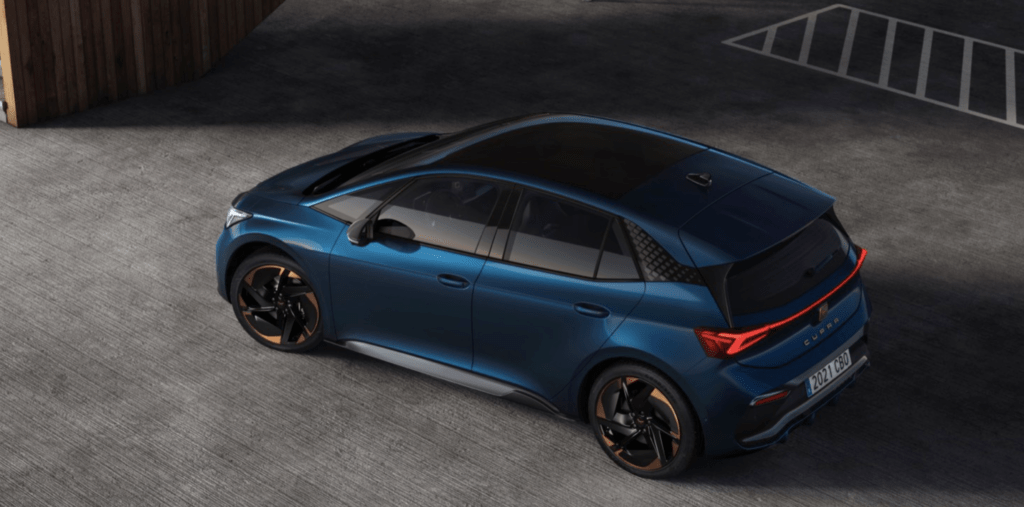
How long does it take to charge the Cupra Born?
Using a standard 7kWh charger, such as zappi it would take 8 hours and 15 minutes to fully charge your battery.
When out and about, the Cupra Born can be charged up using FastChargers, these chargers will fully charge your 58kWh battery in just 31 minutes.
Similar Electric Vehicles

